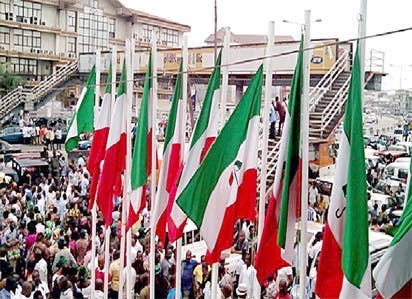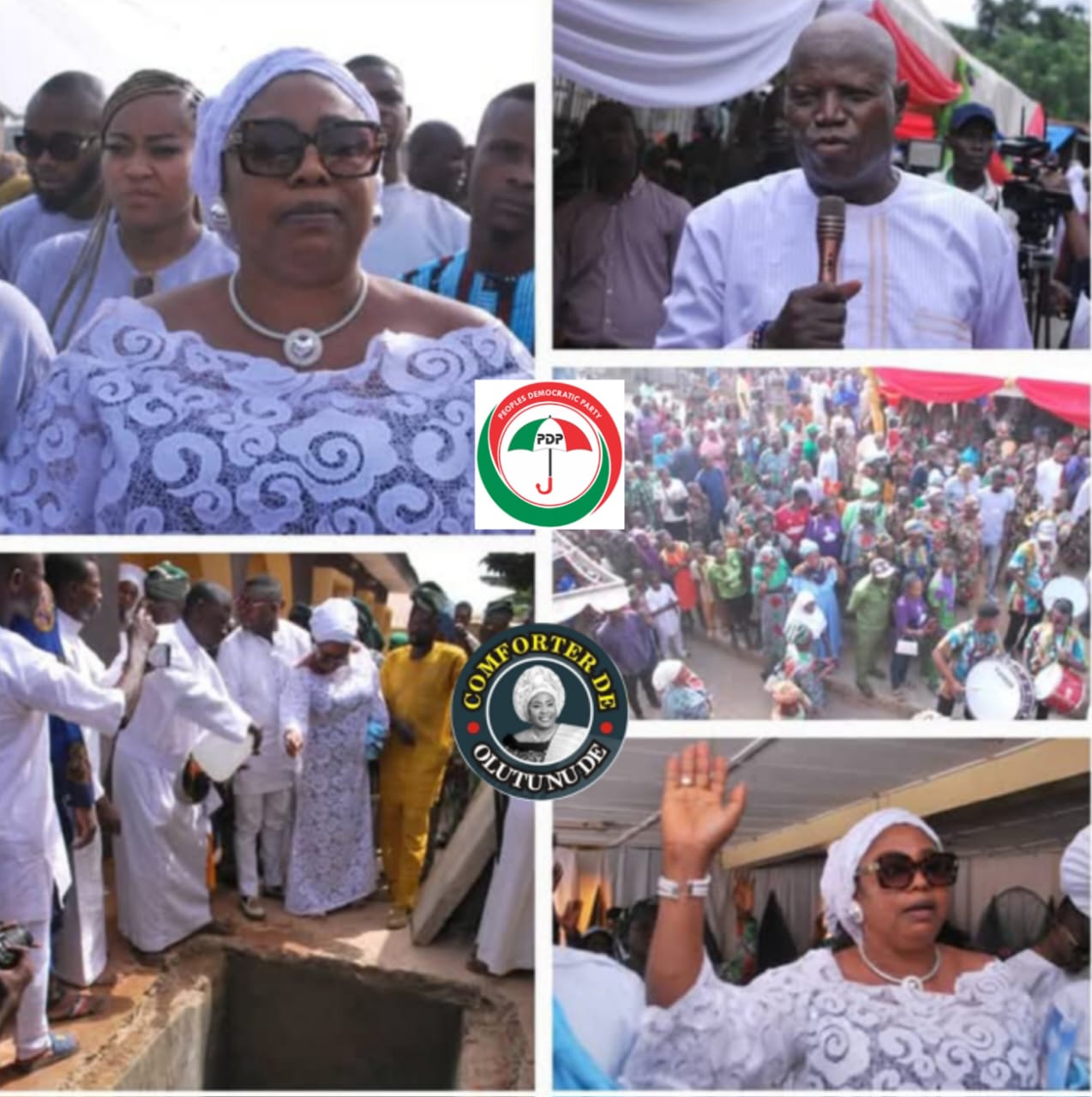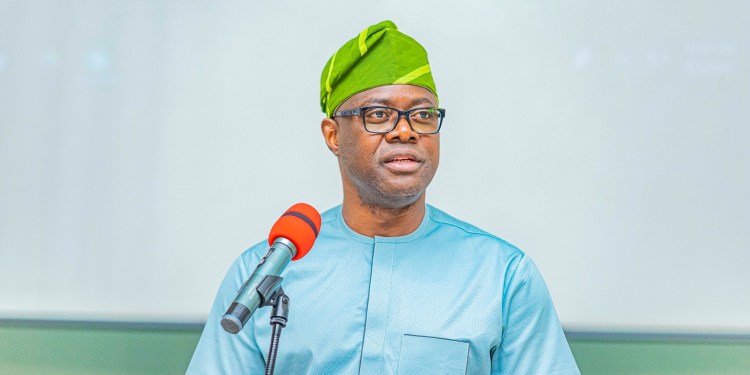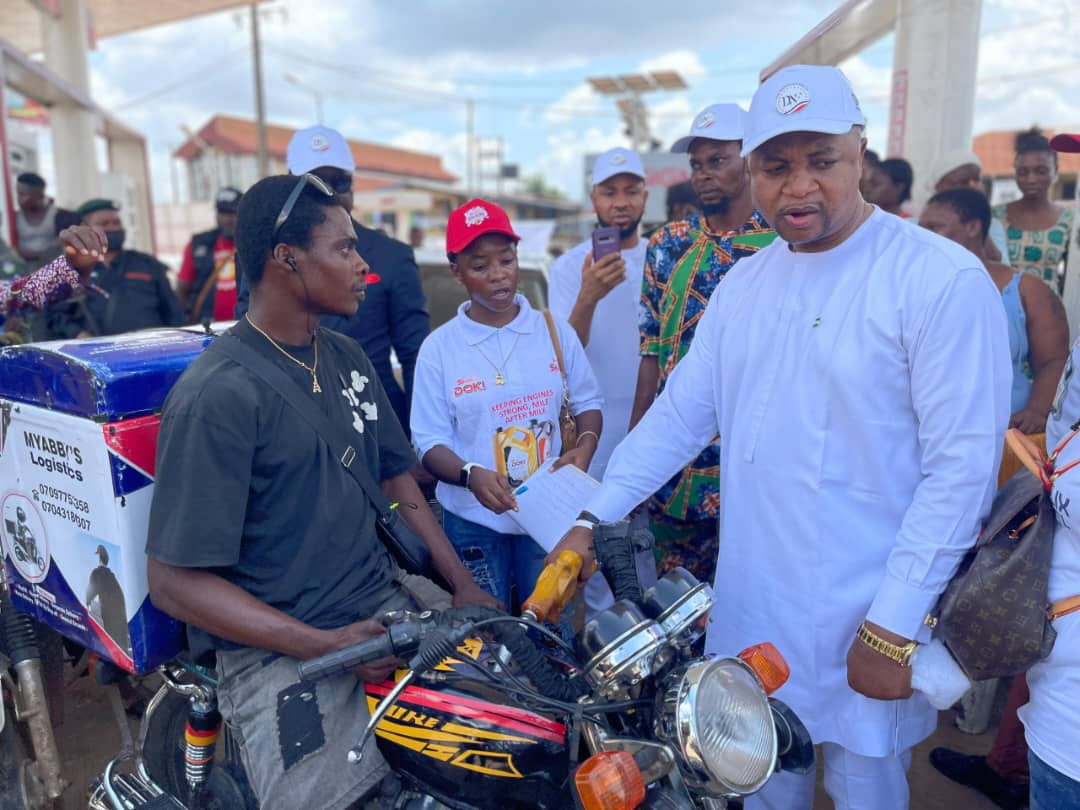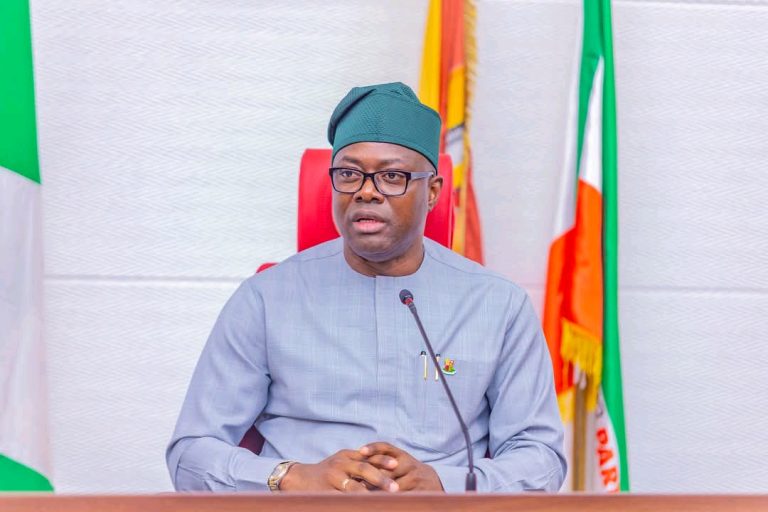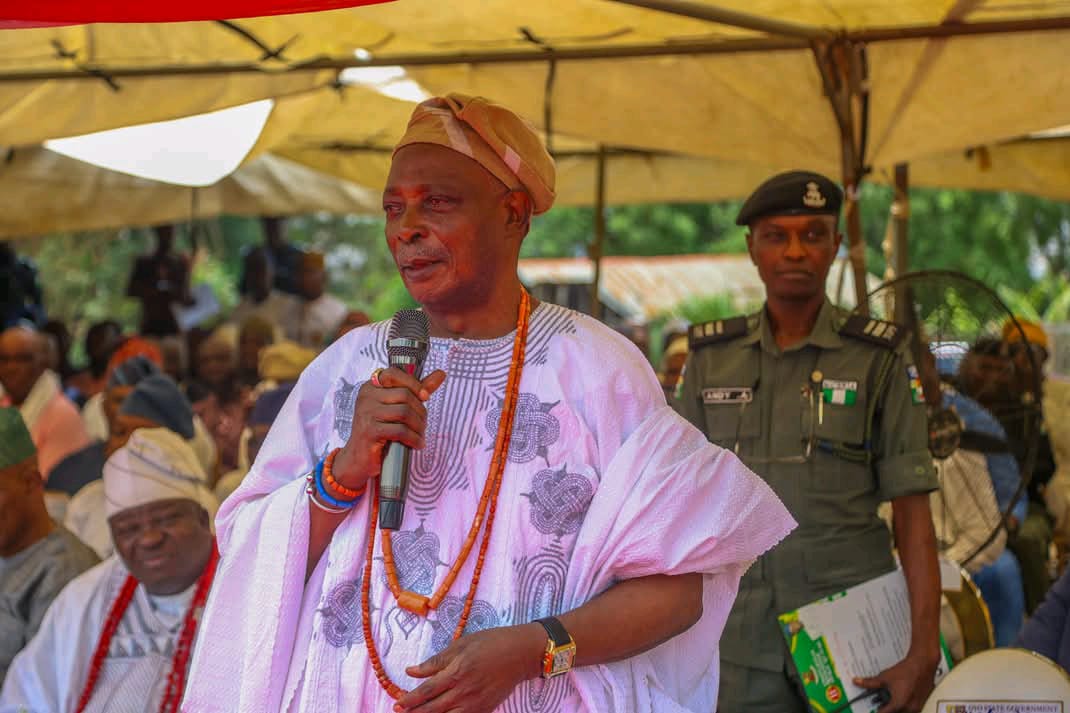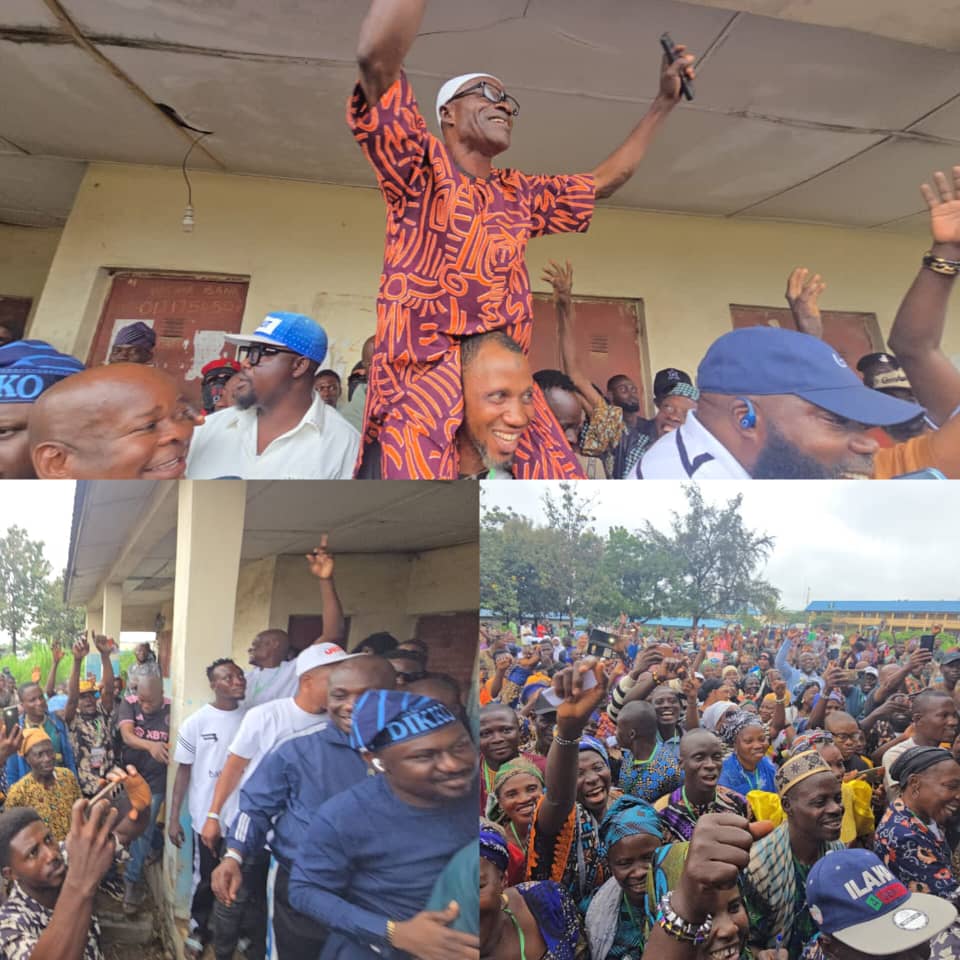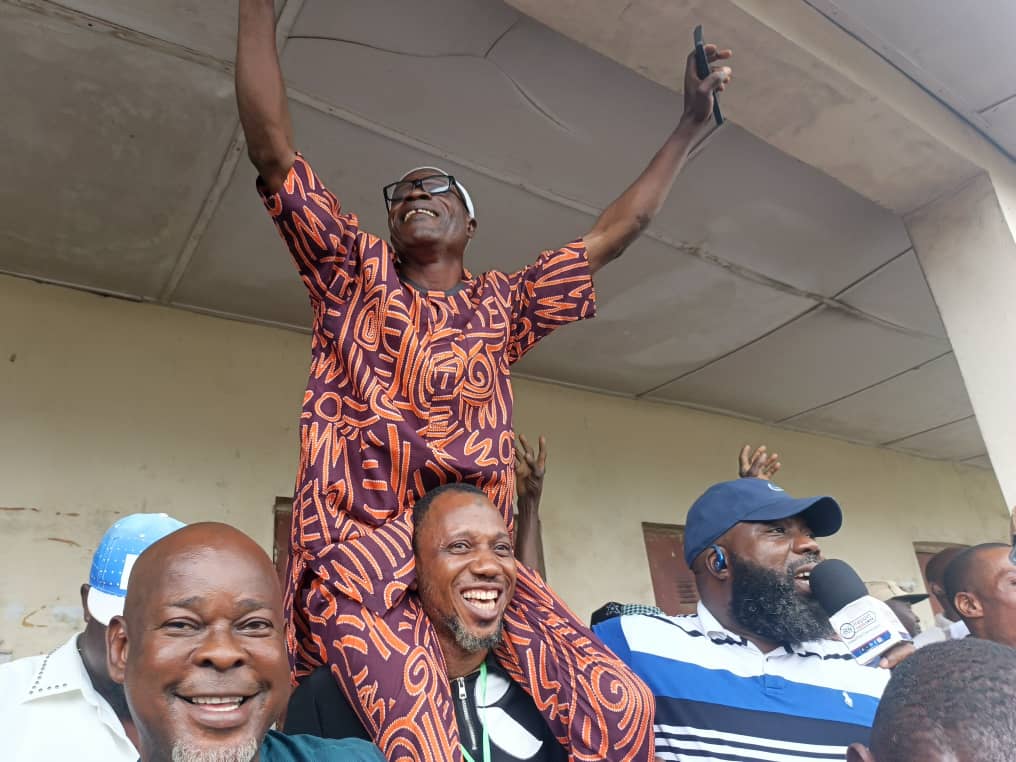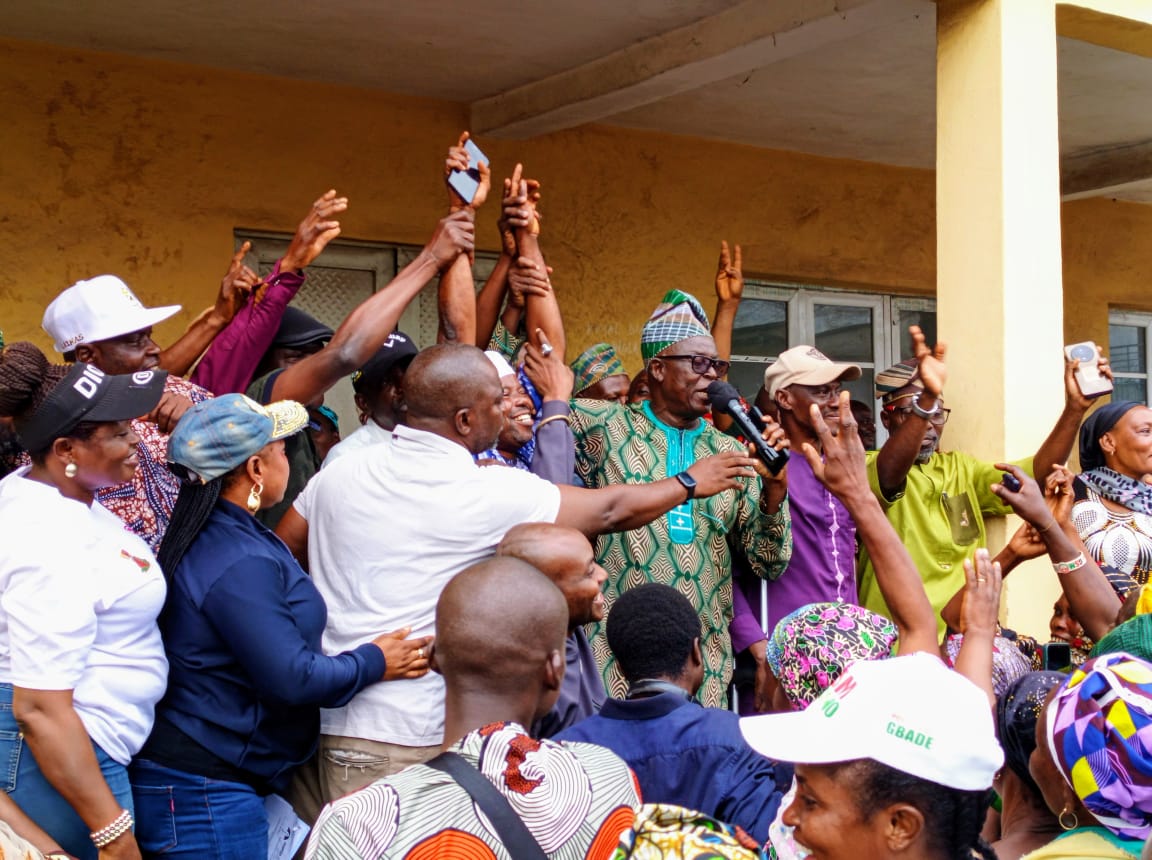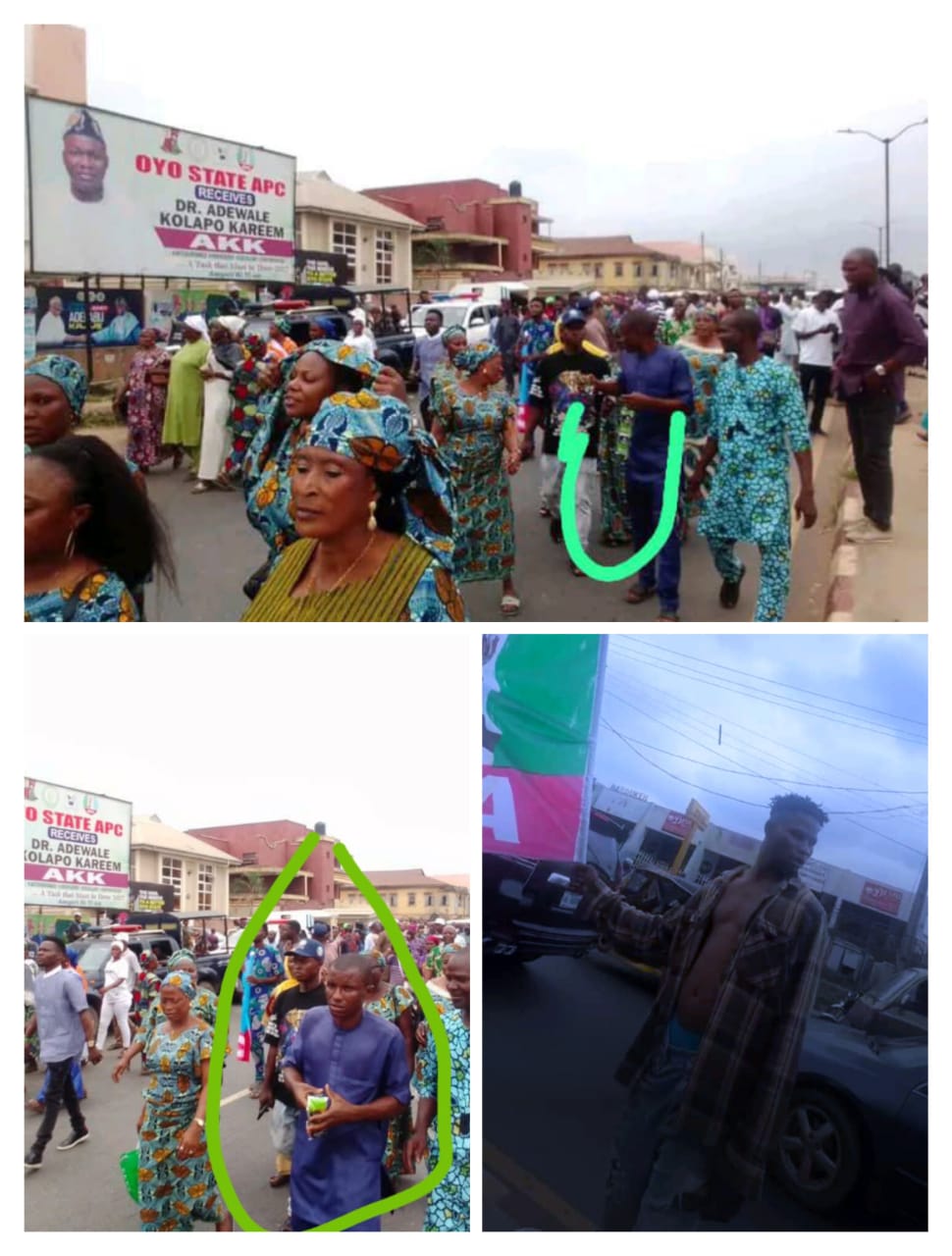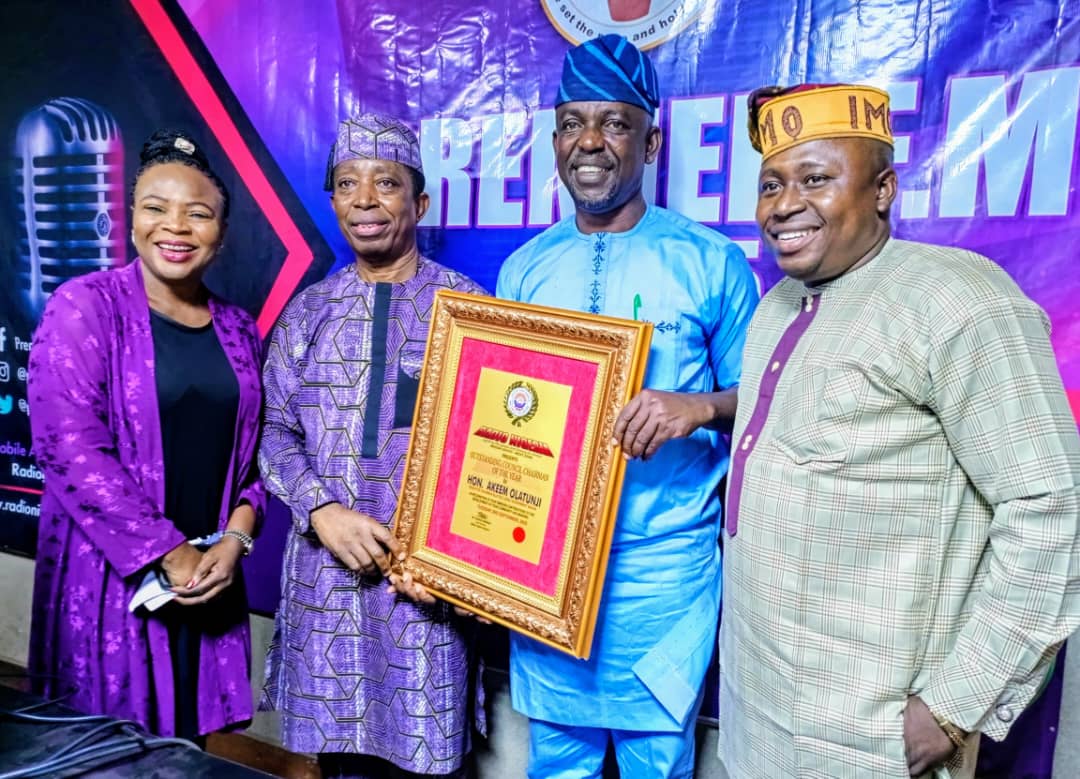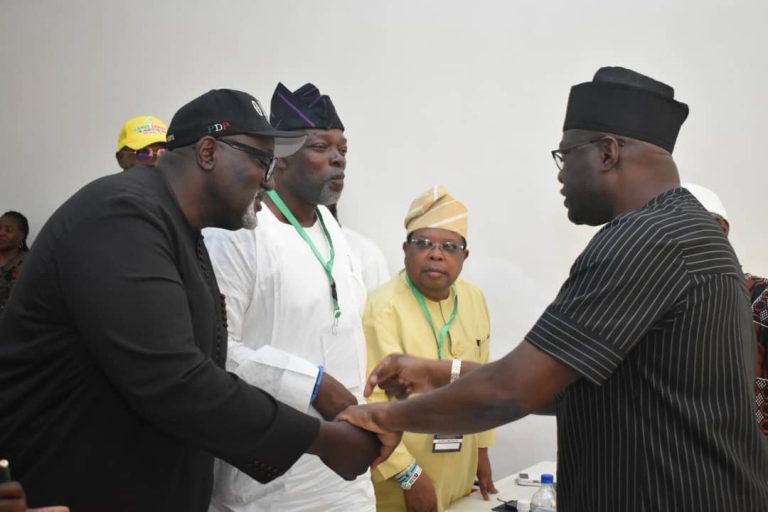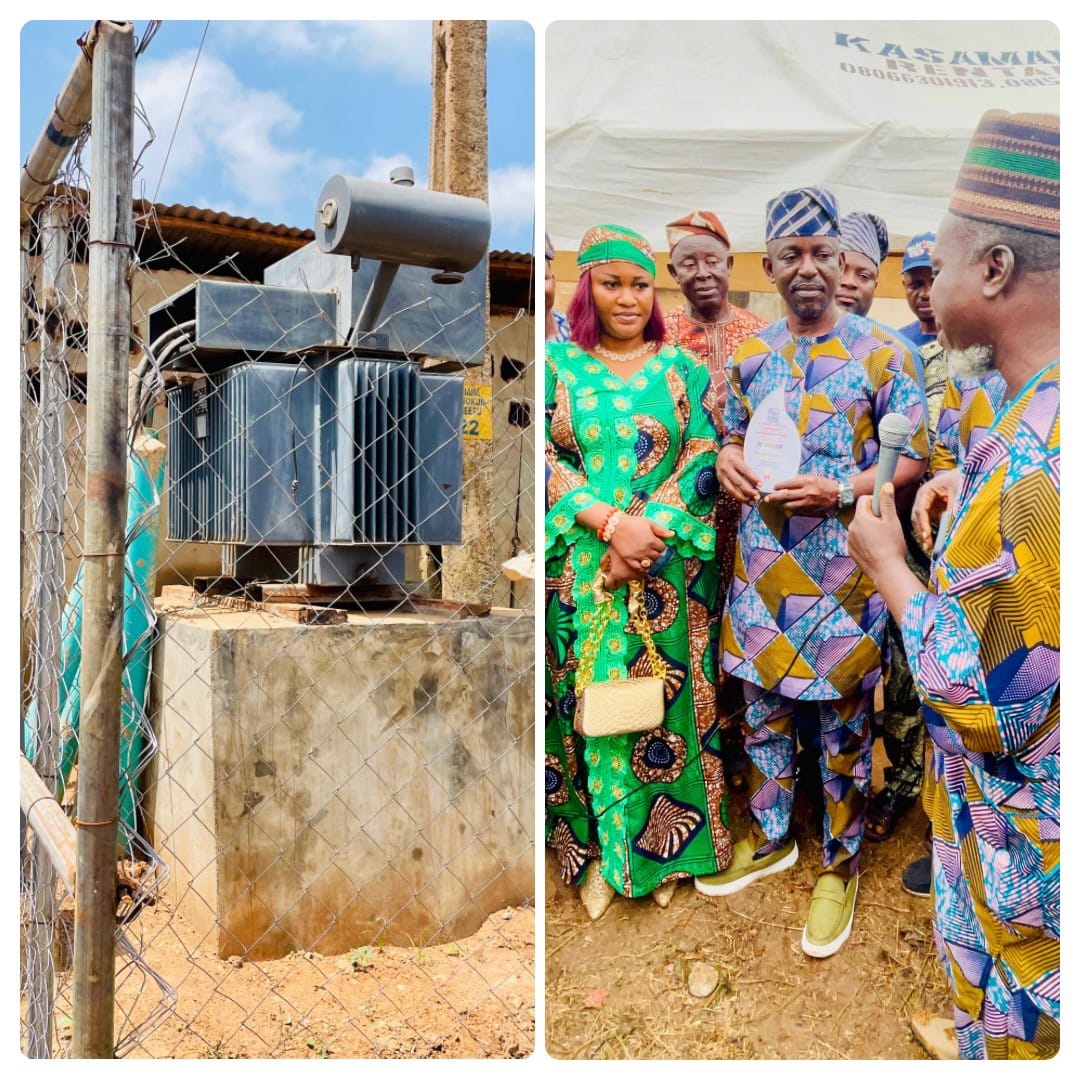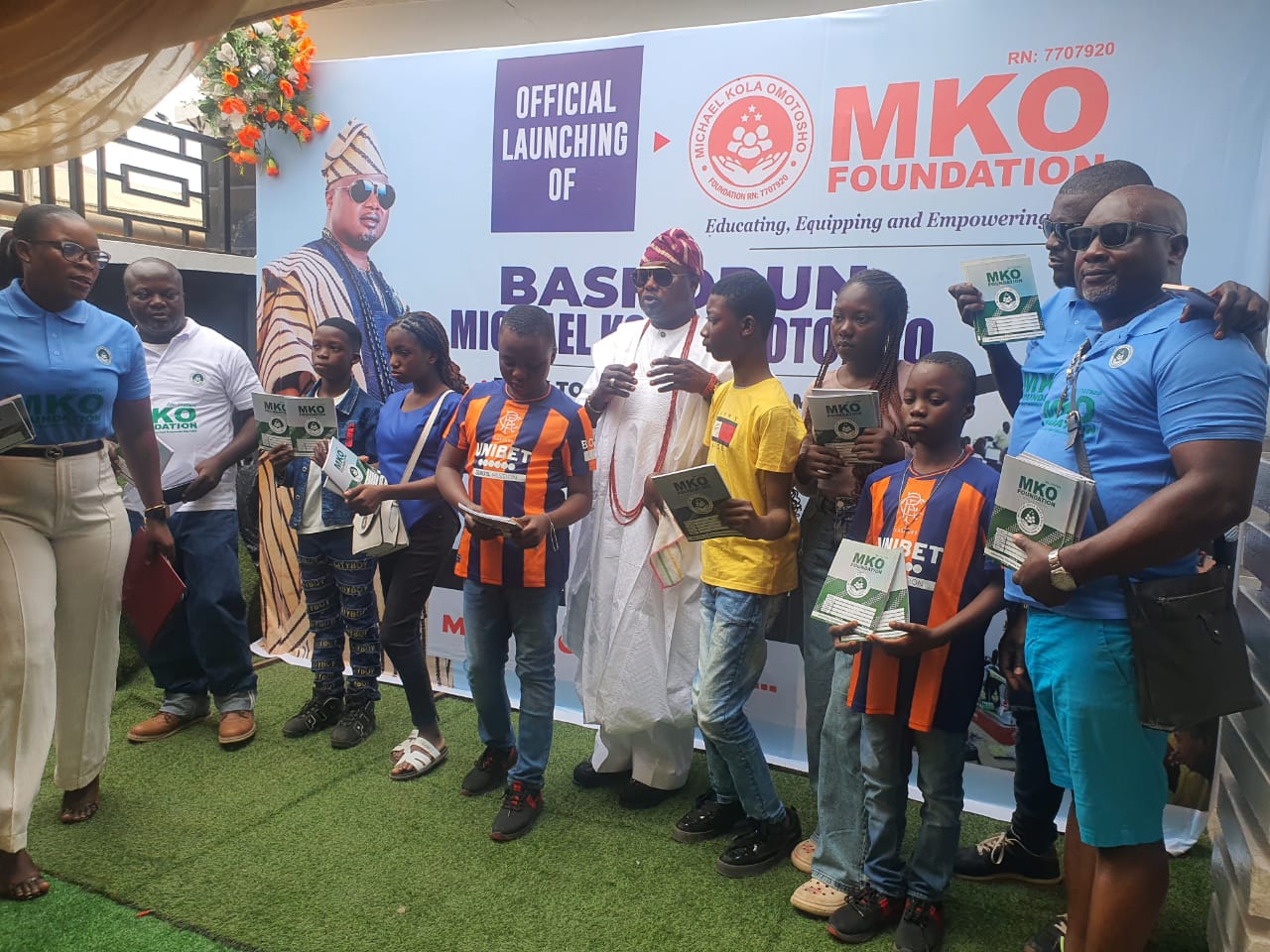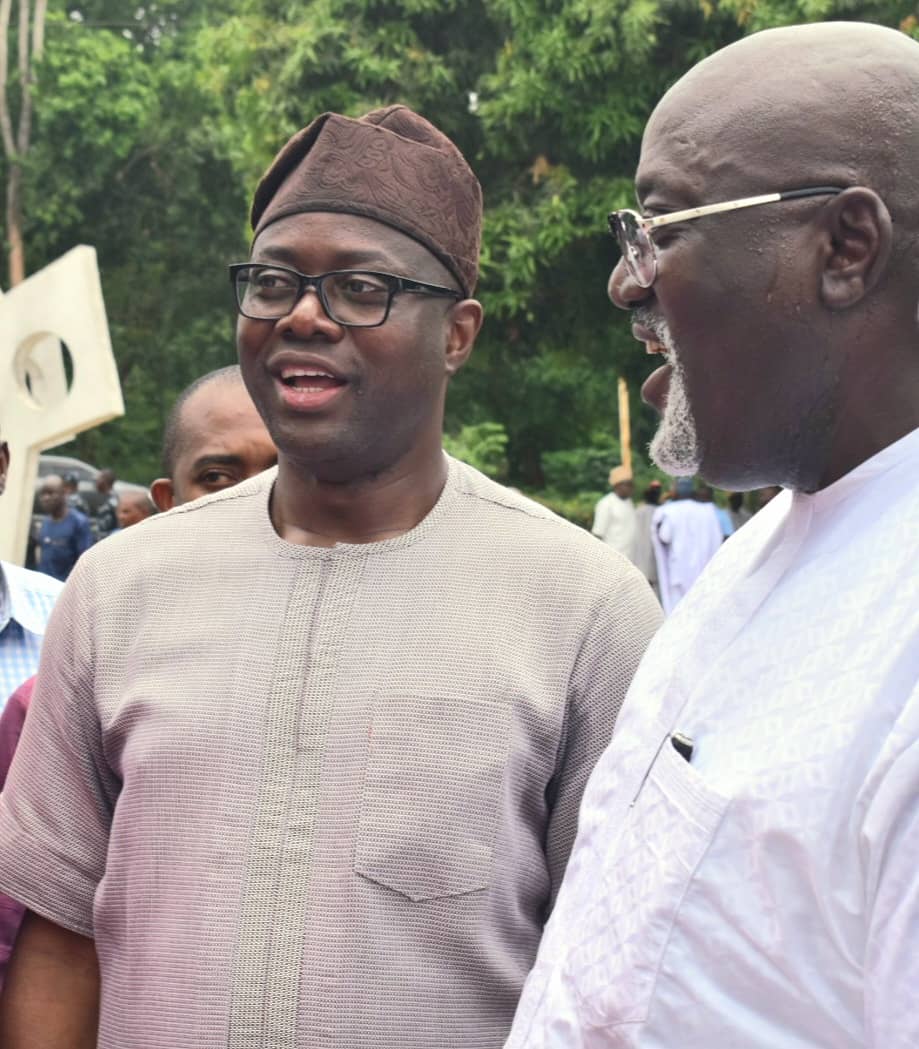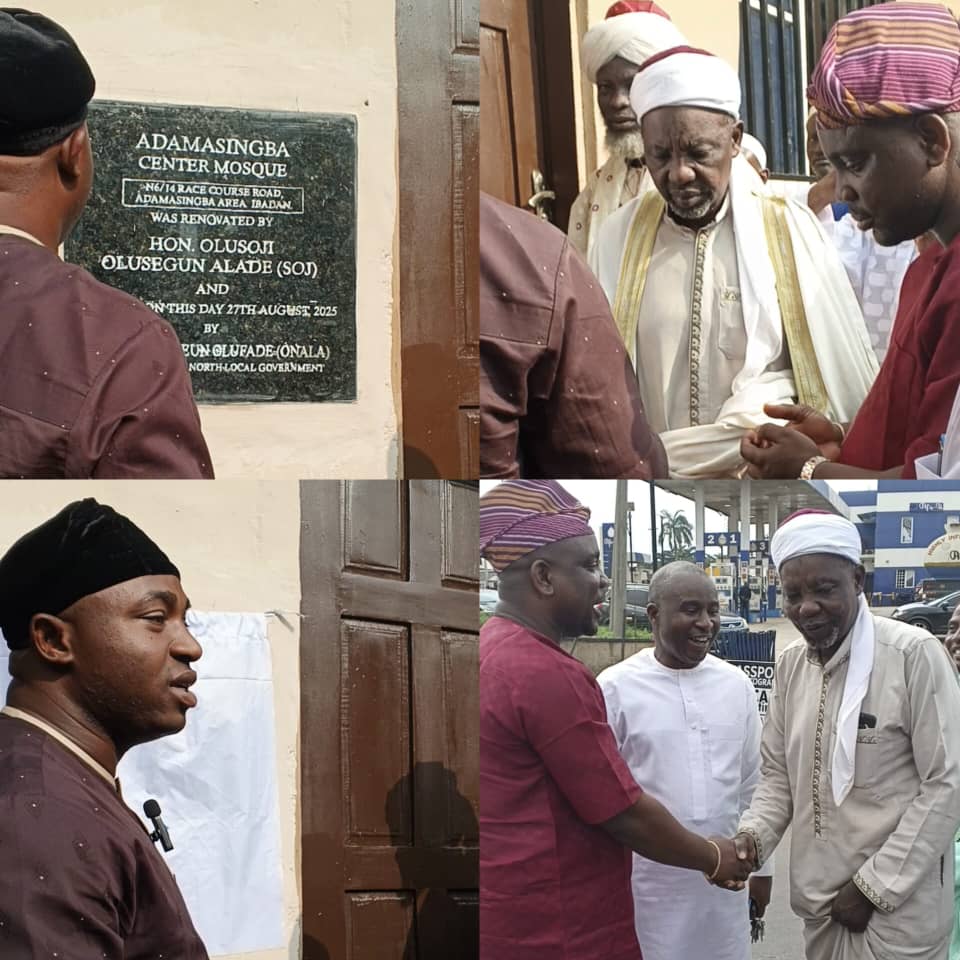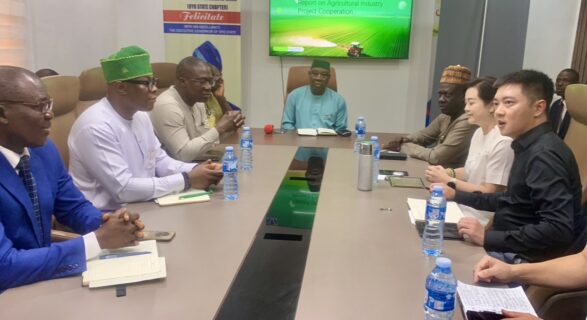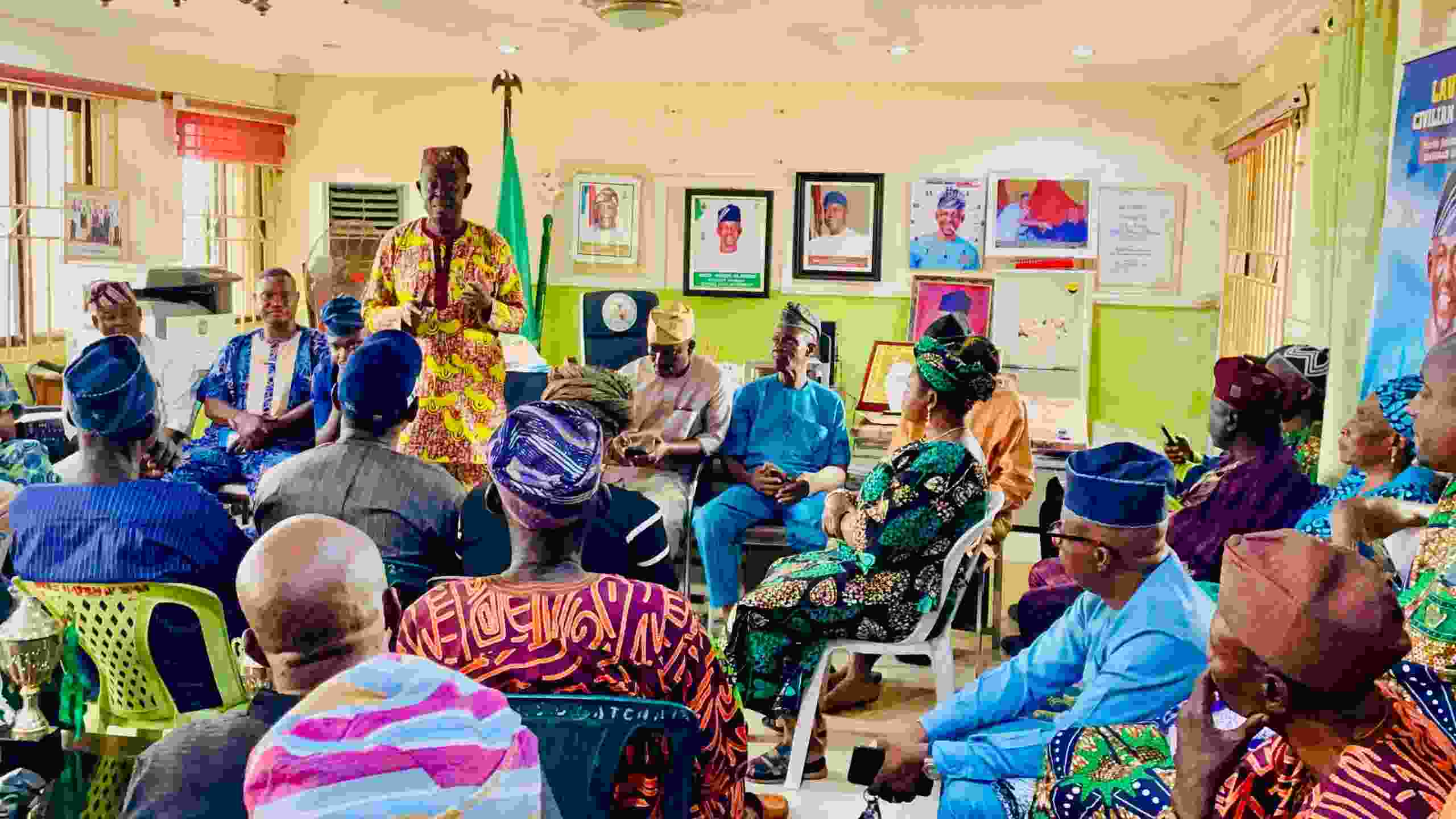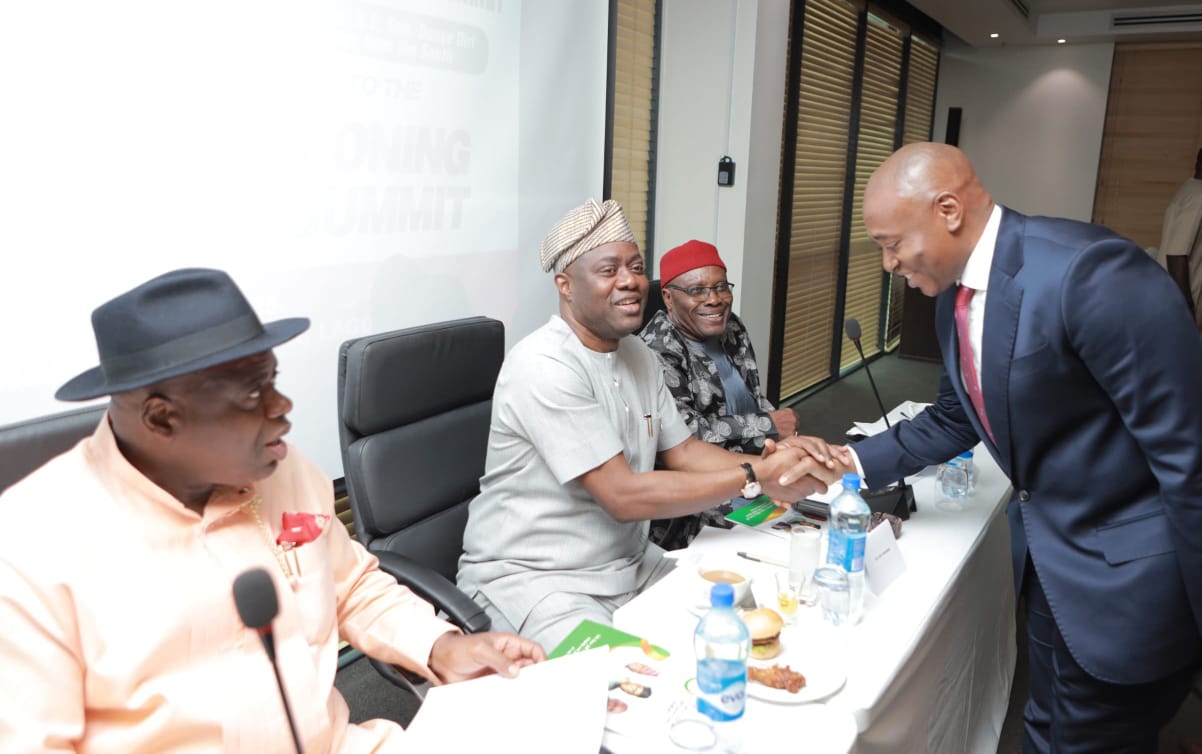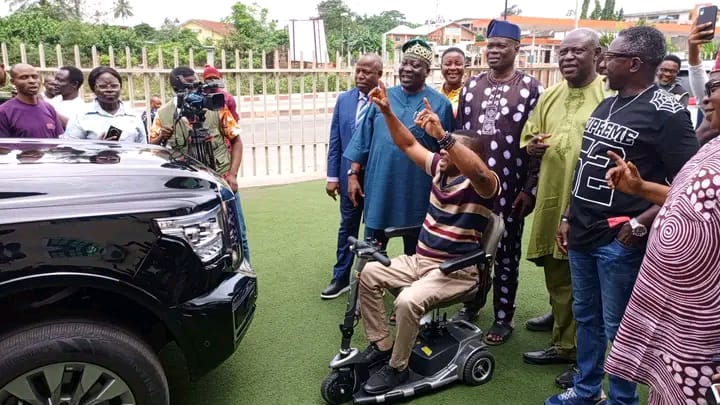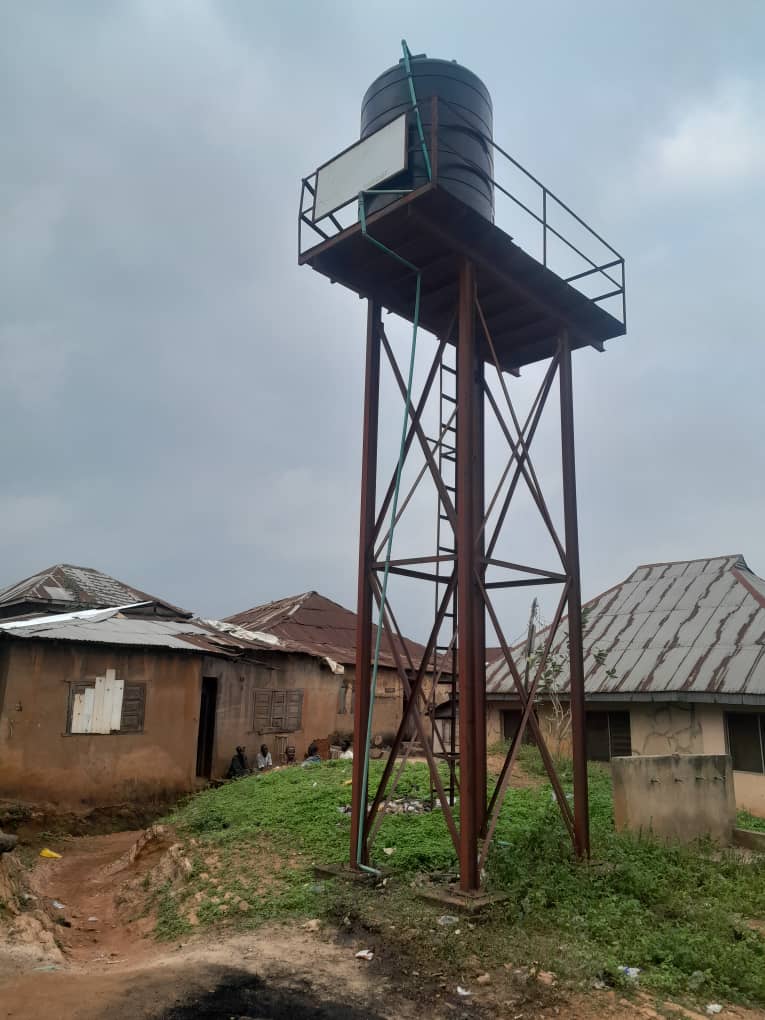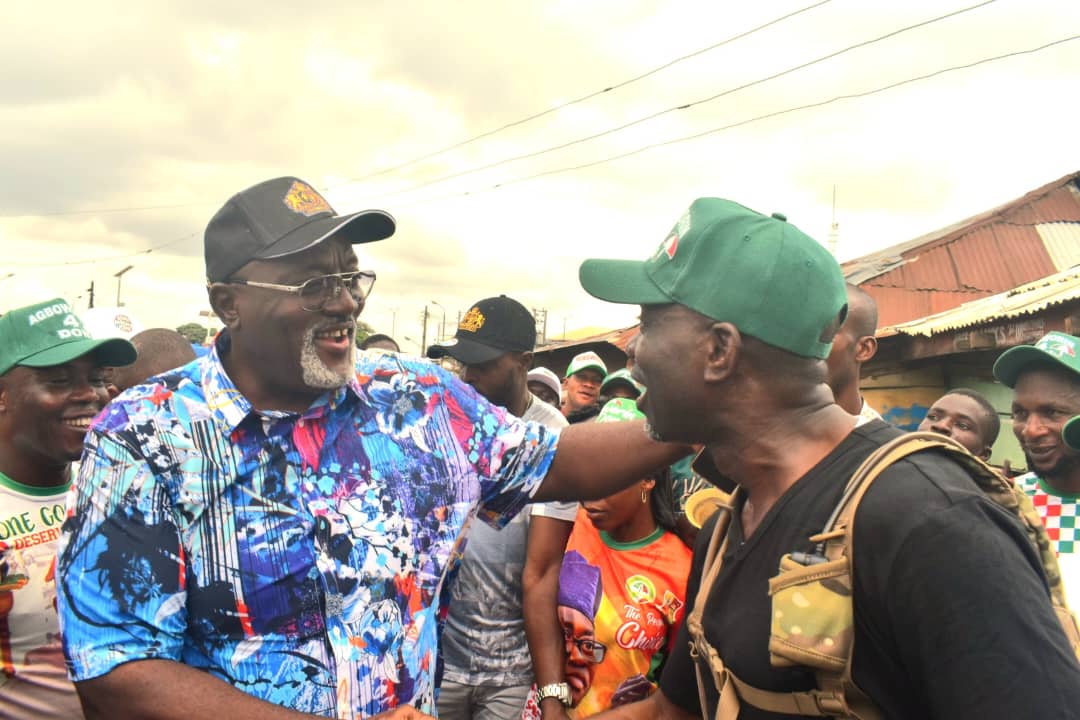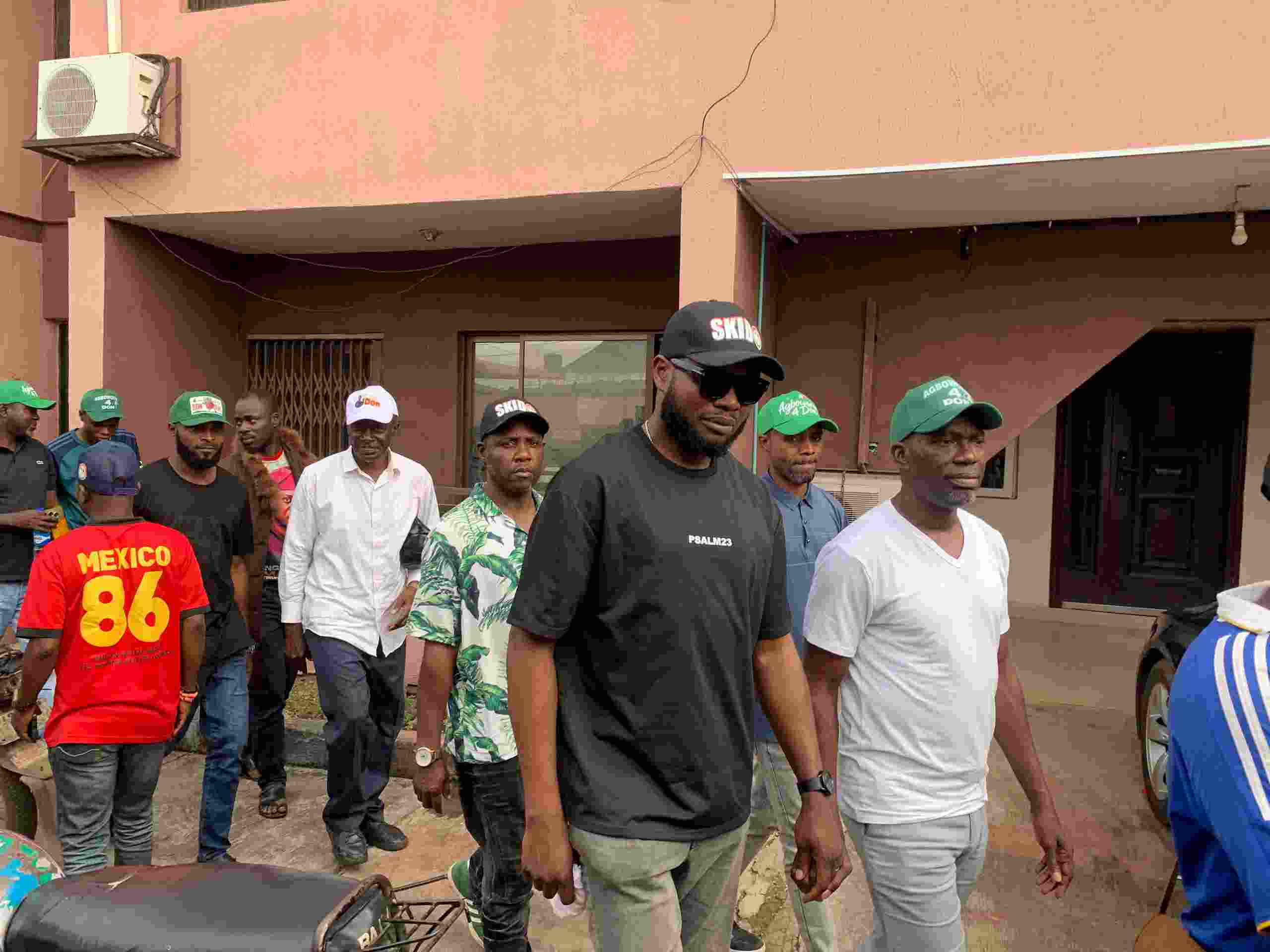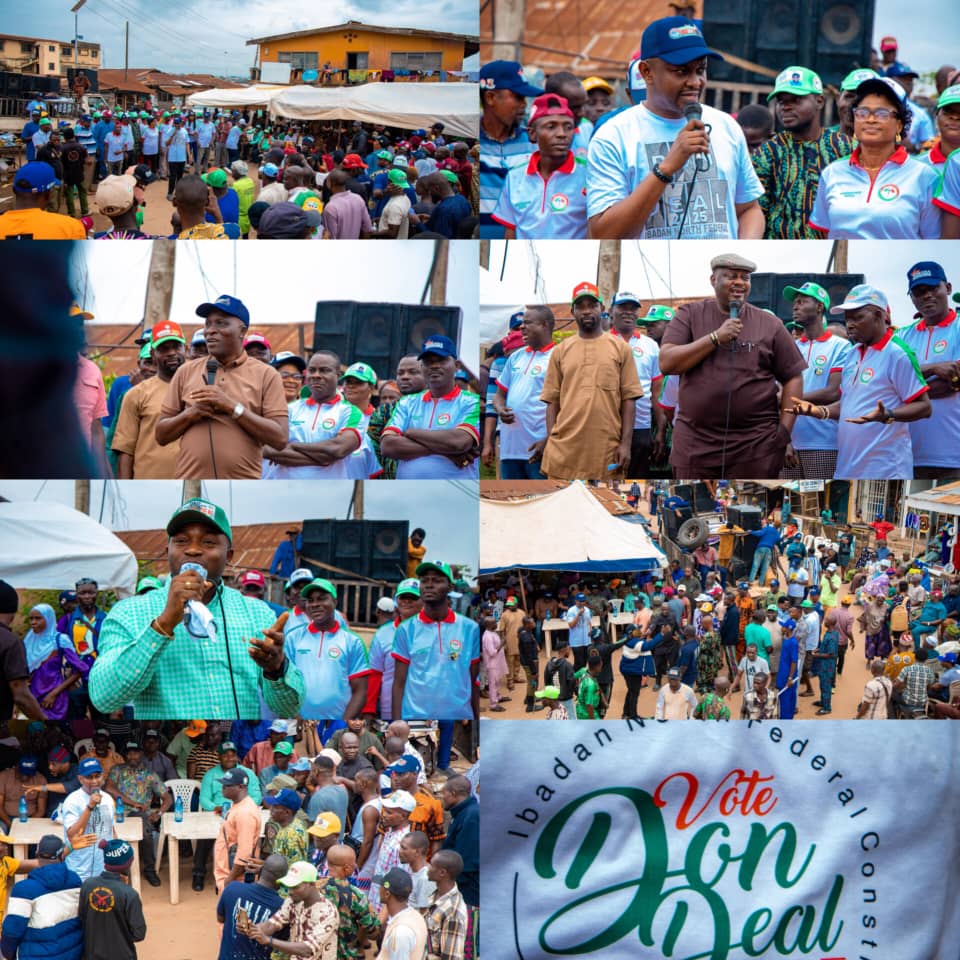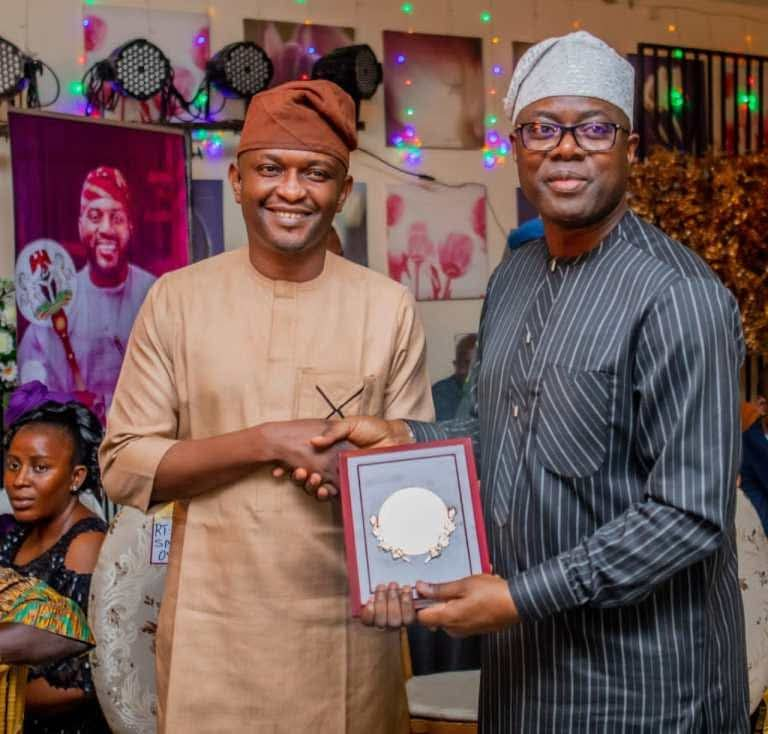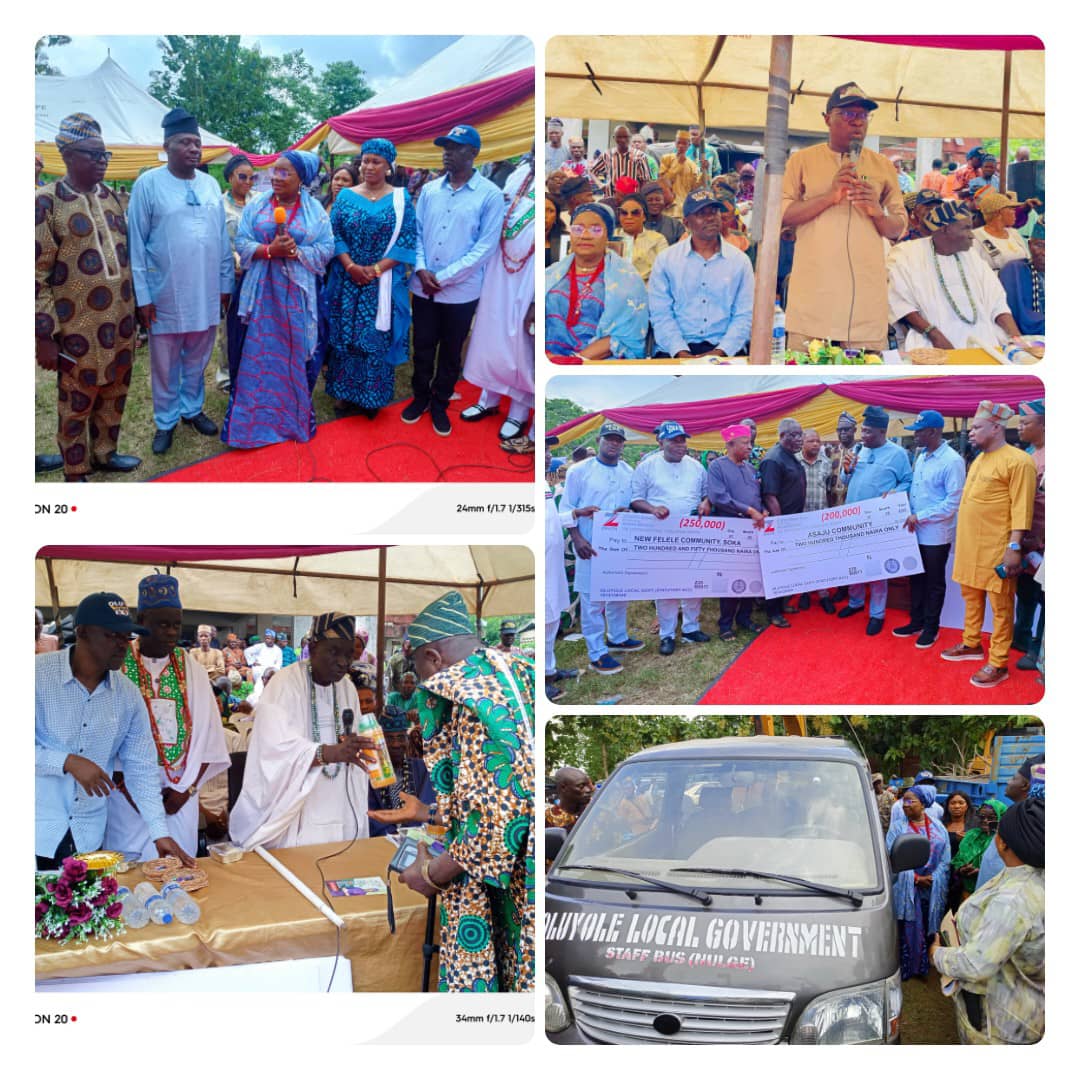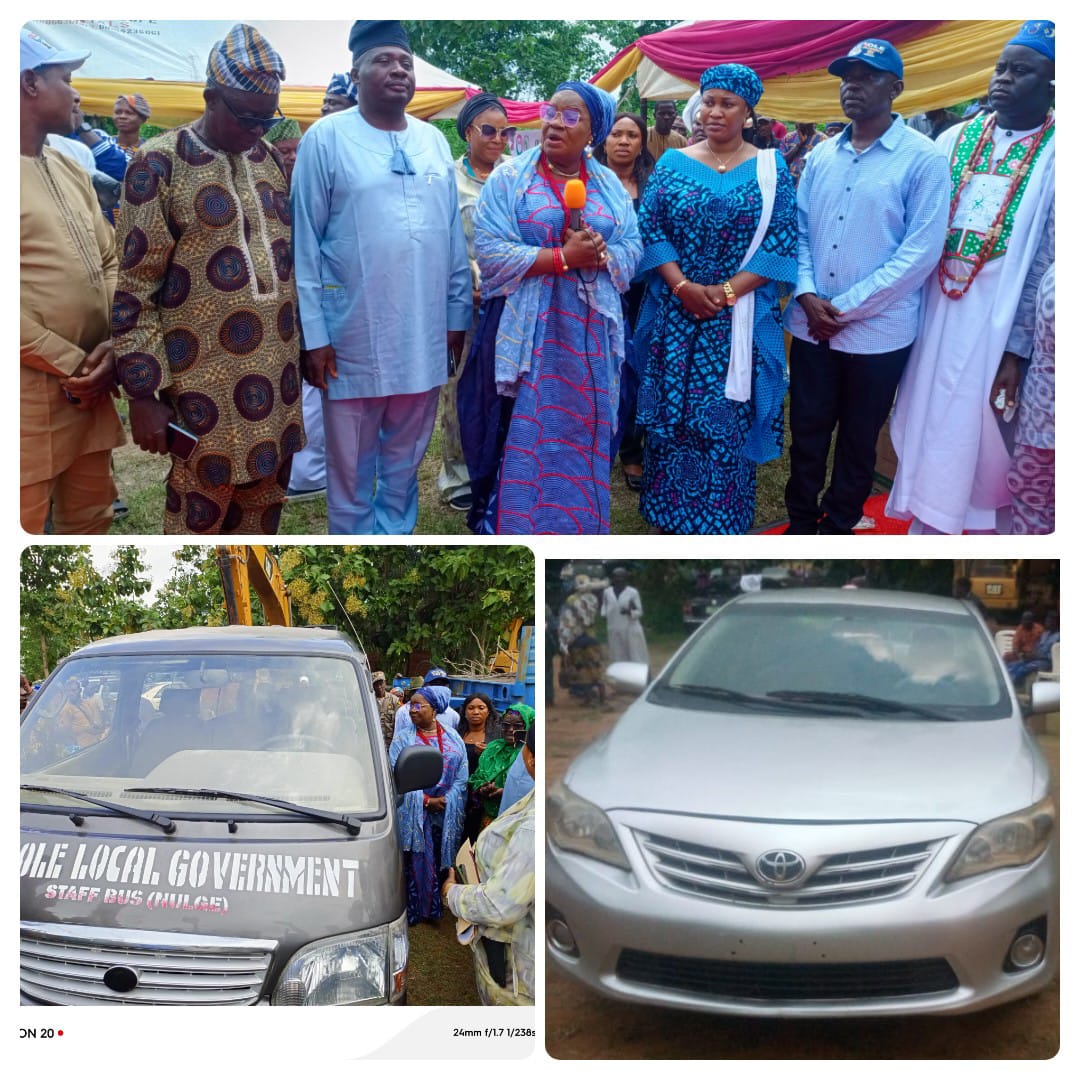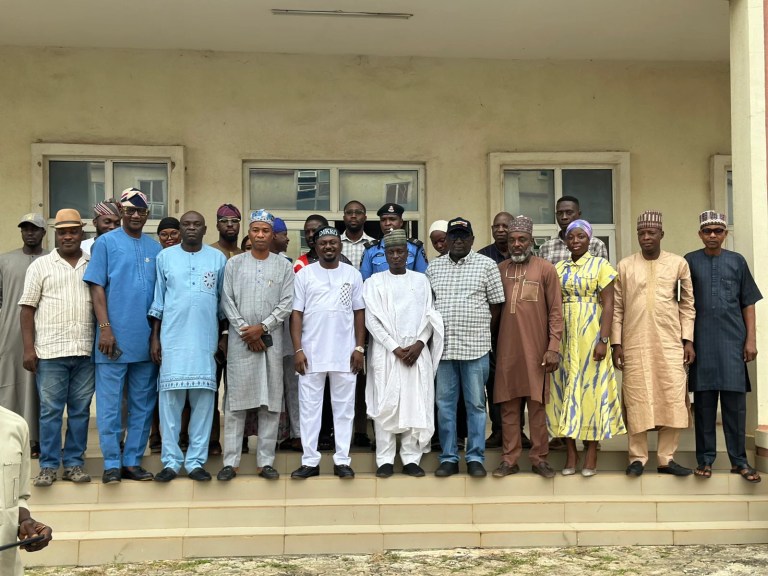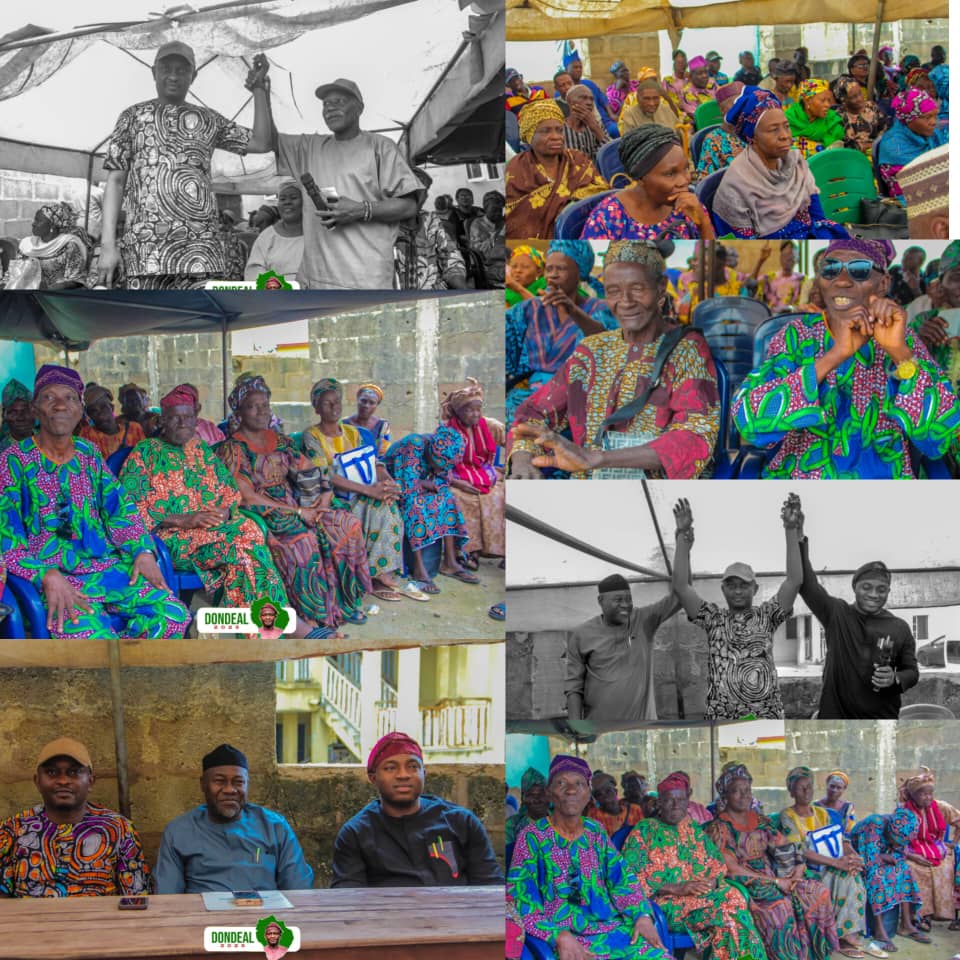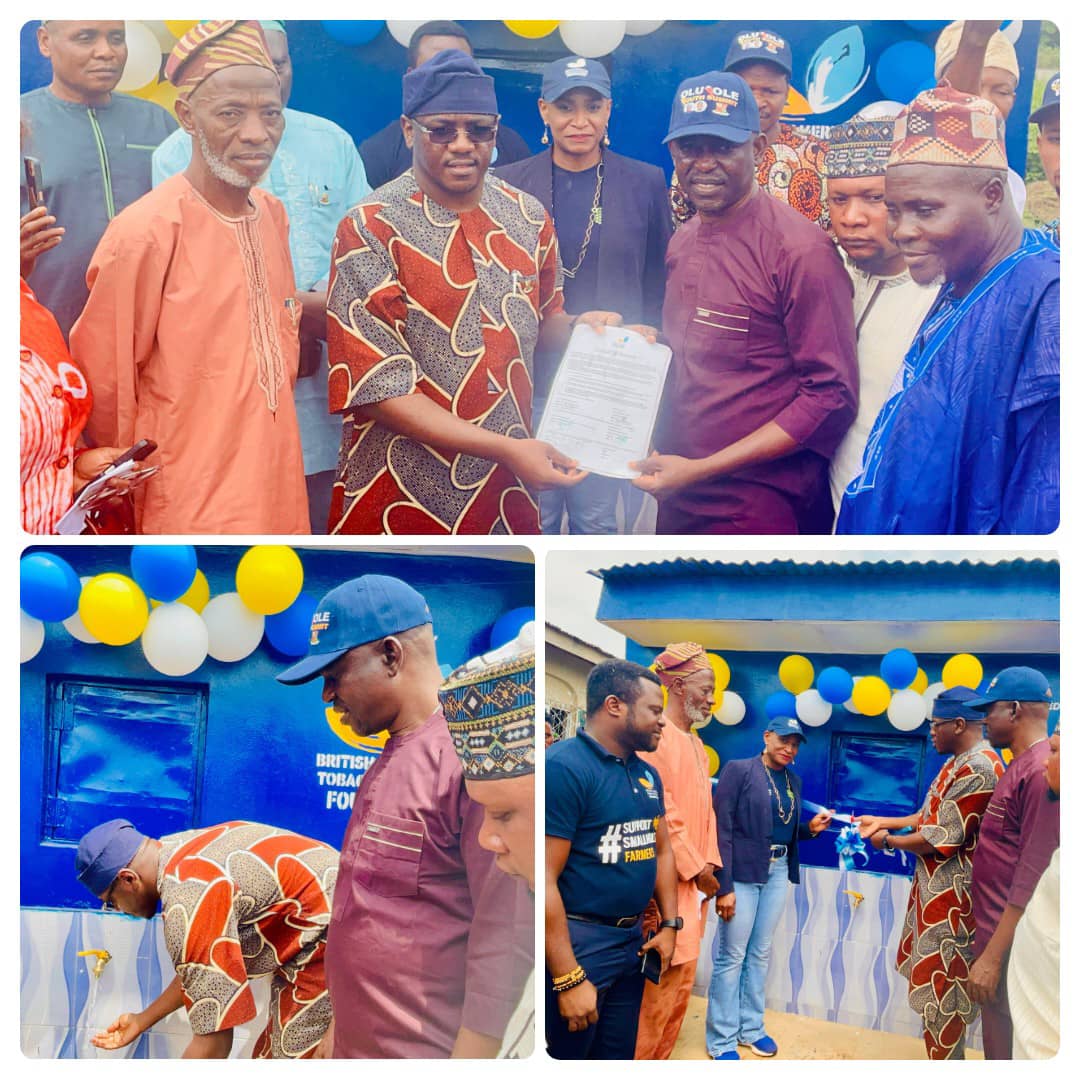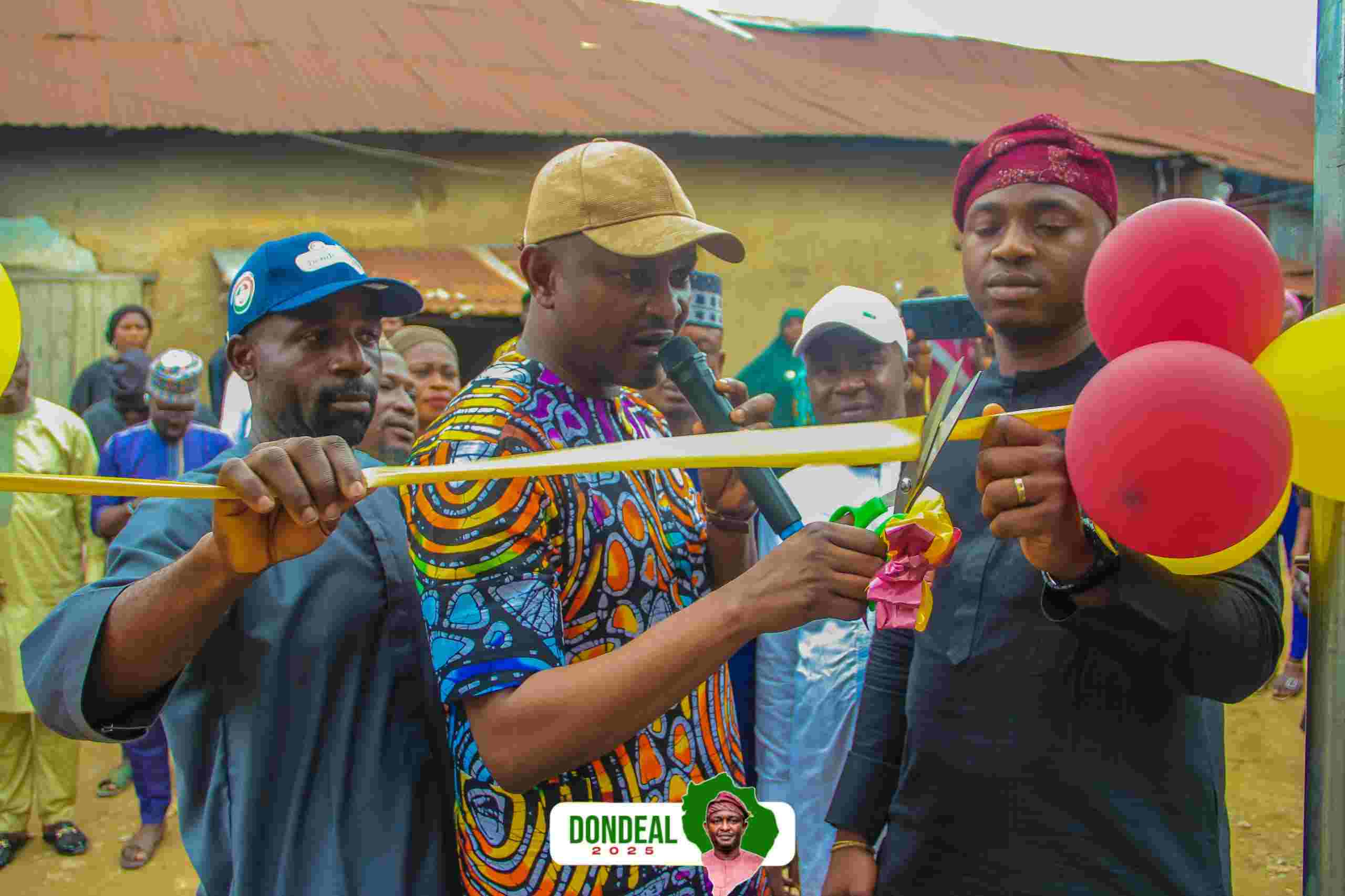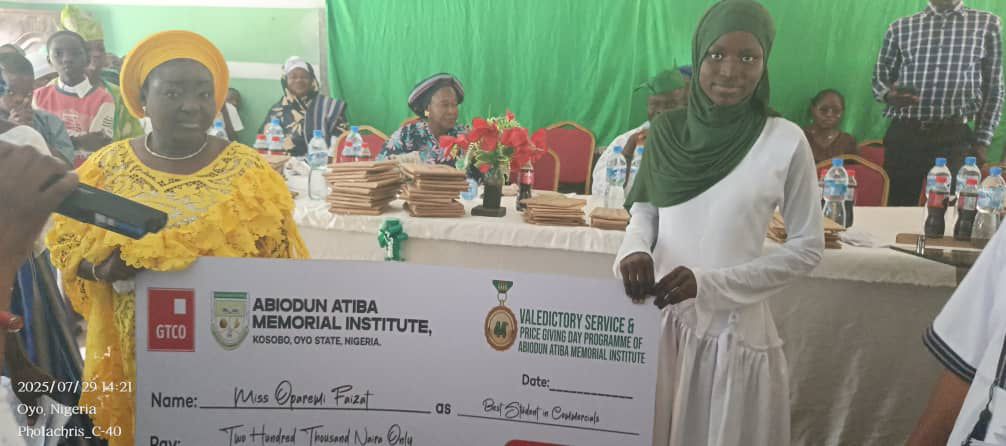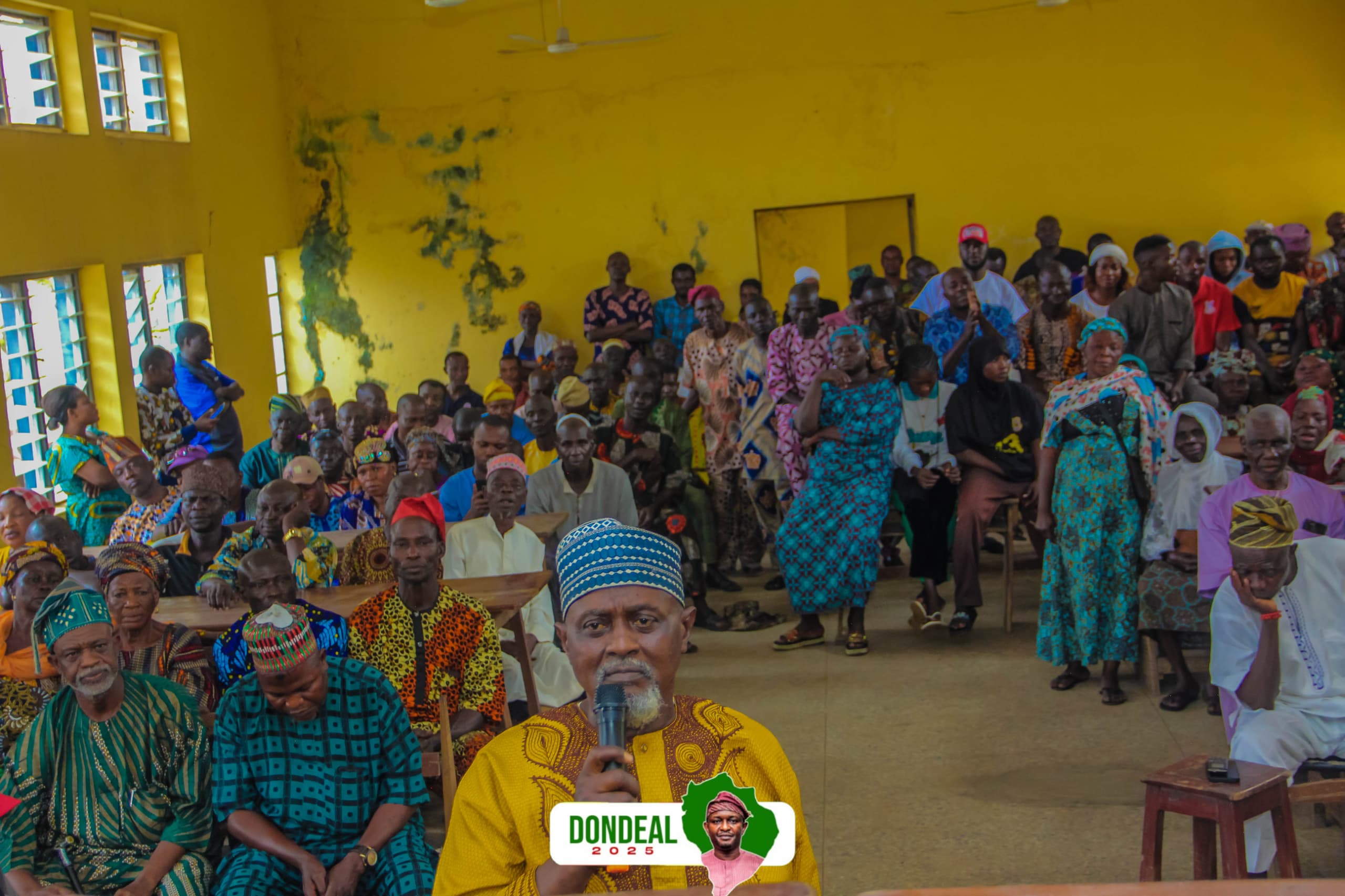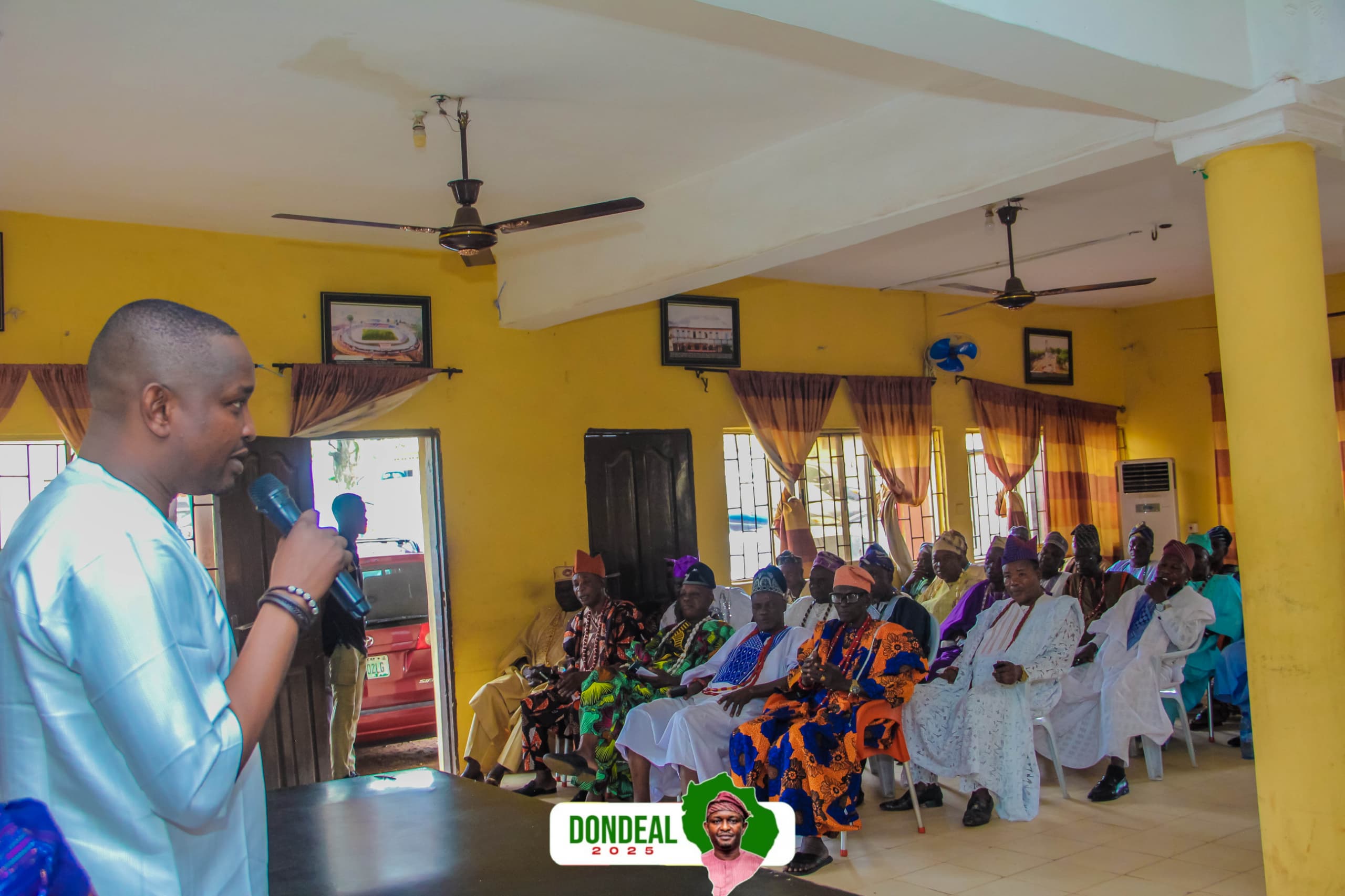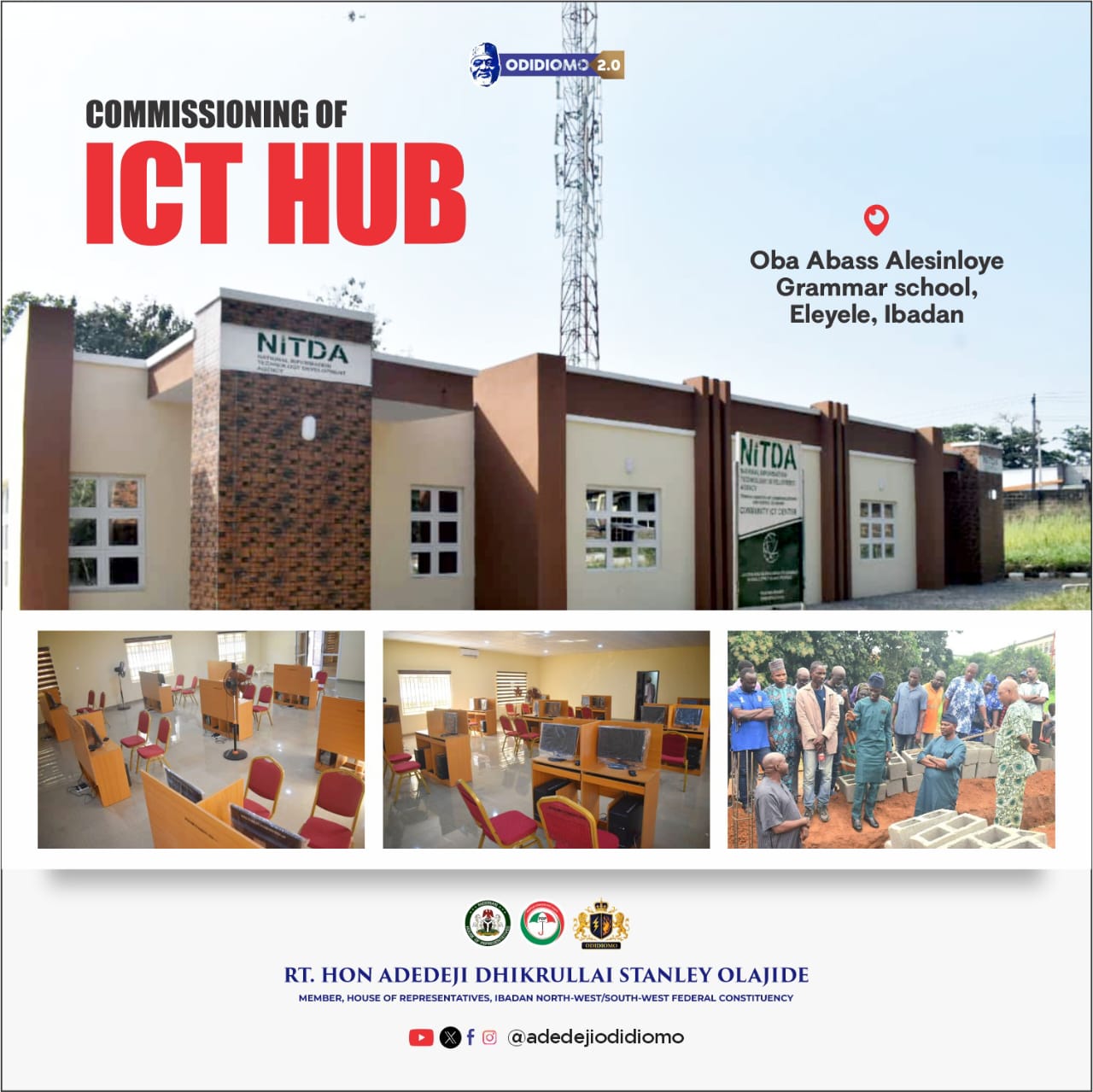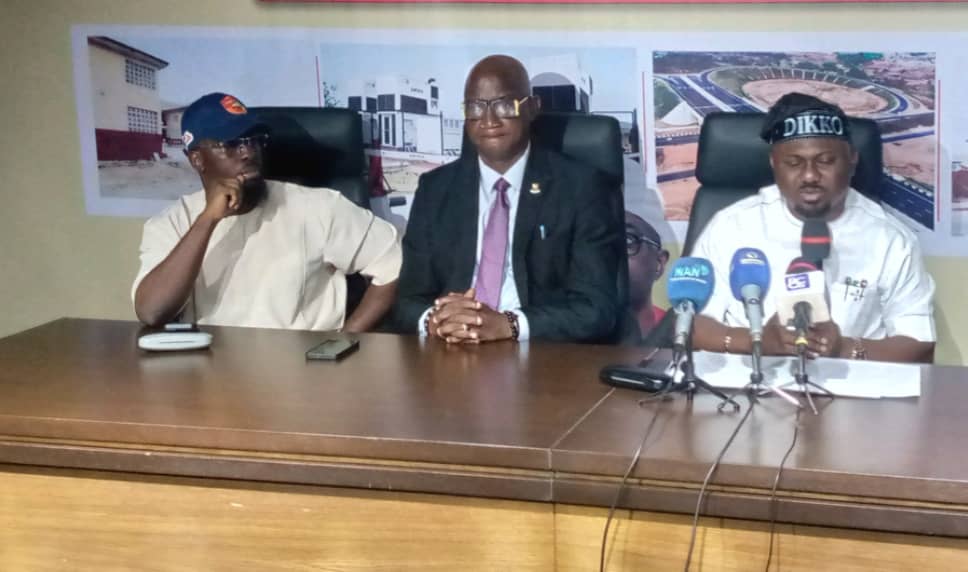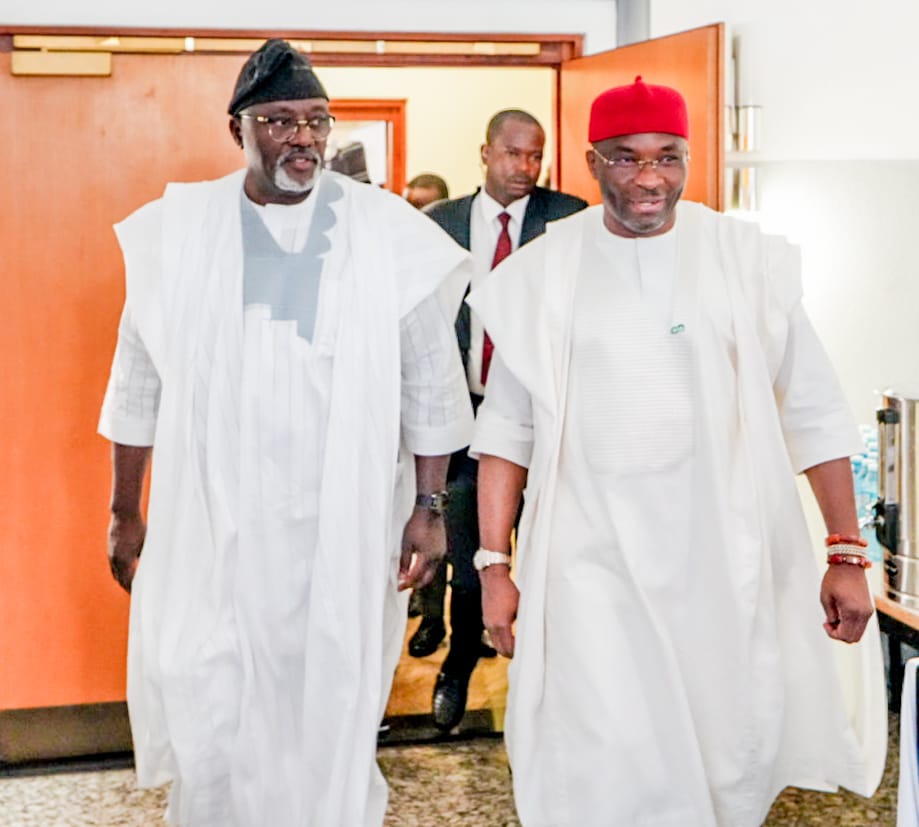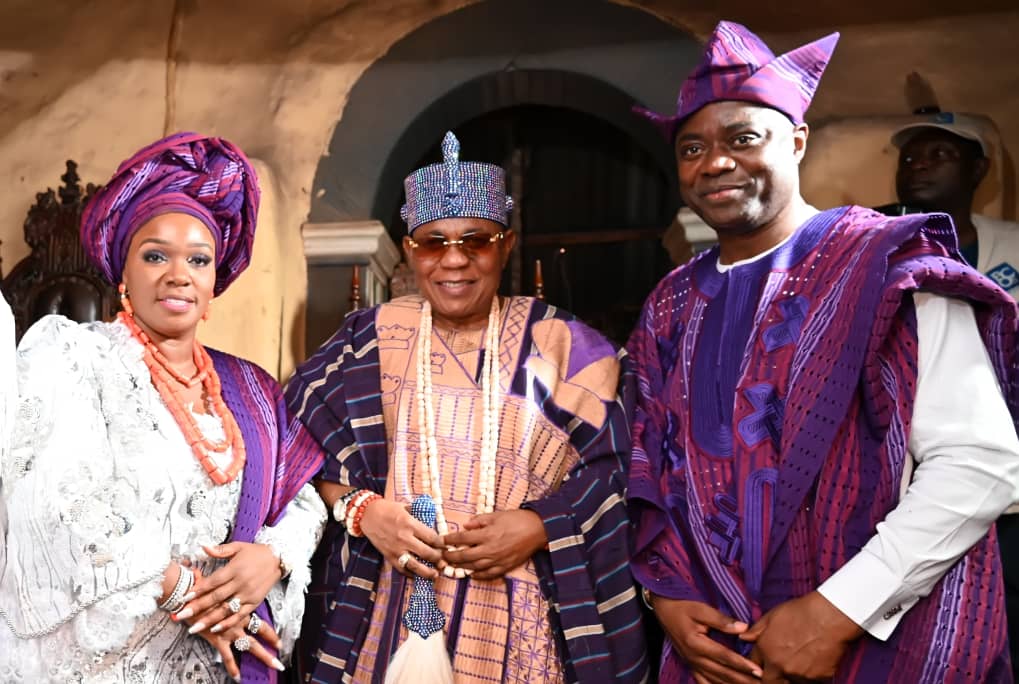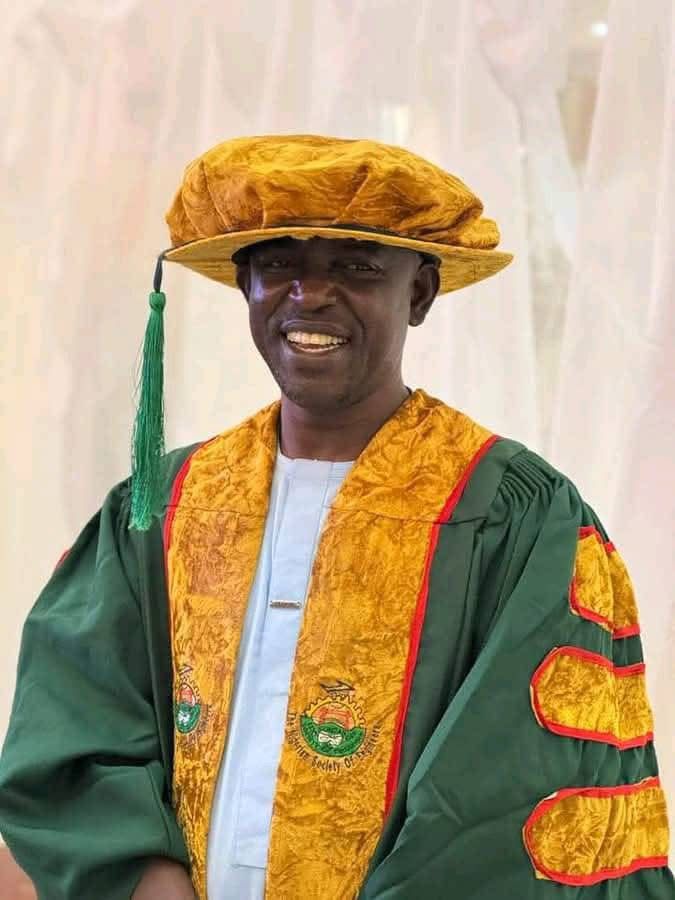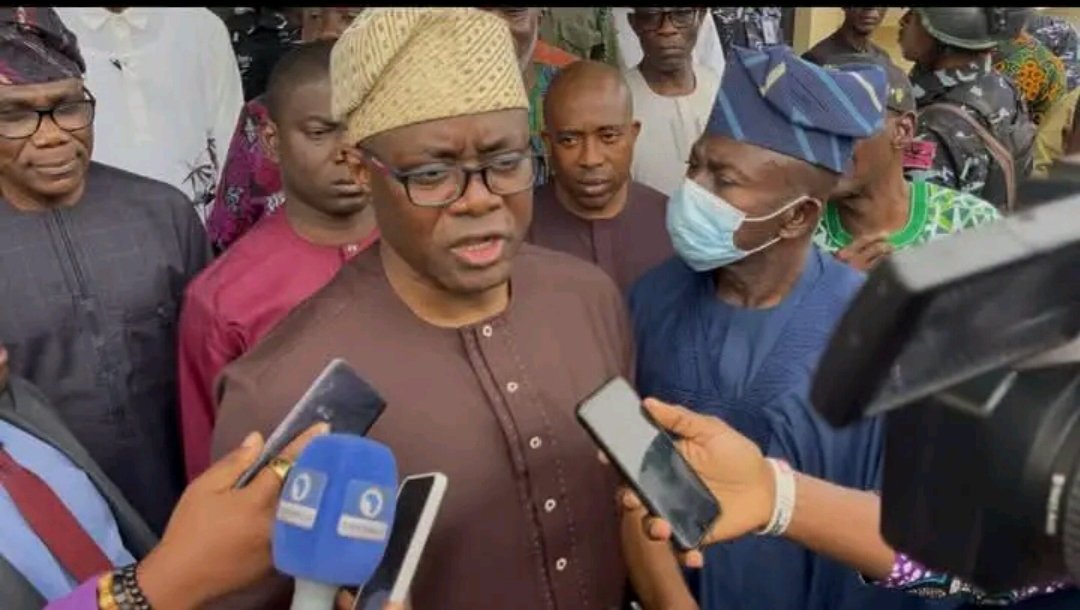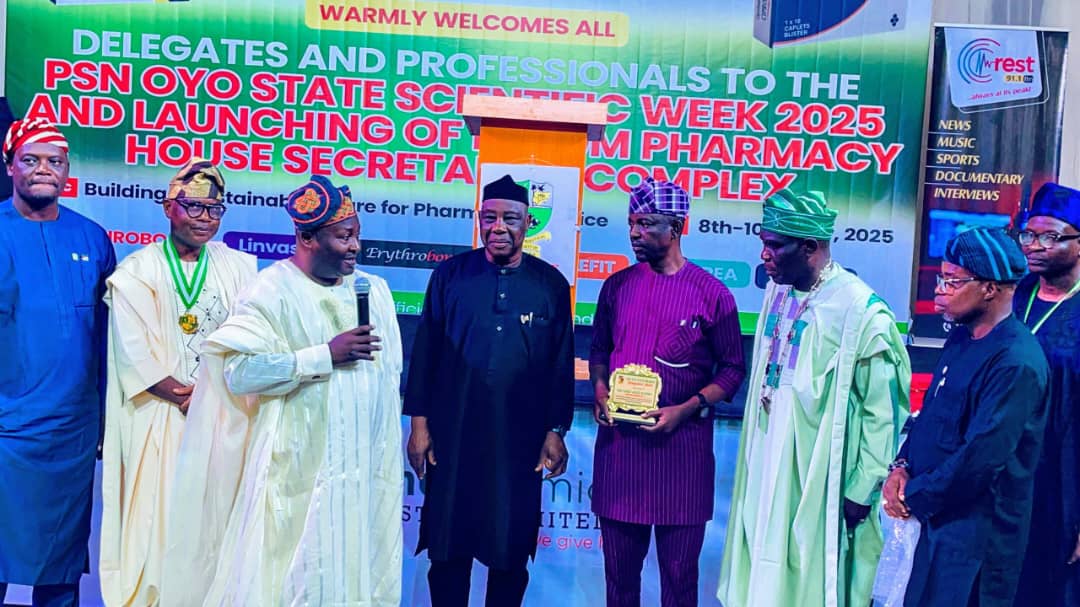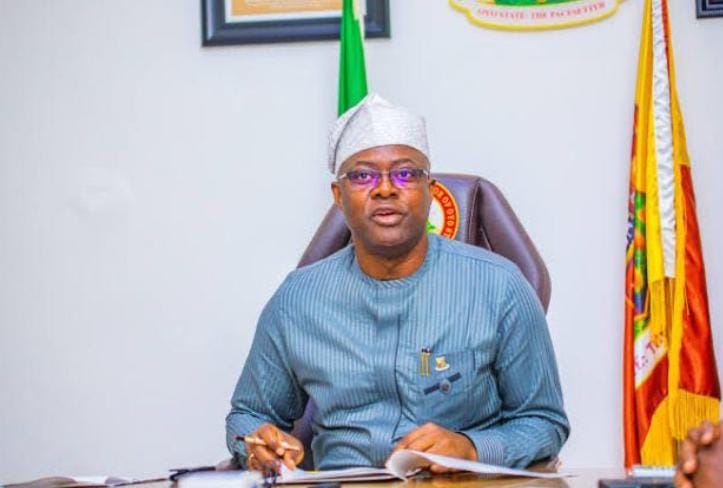Oyo: Makinde Unveils Digital Soil Testing Initiative, Commences Farmers’ …
Oyo: Makinde Unveils Digital Soil Testing Initiative, Commences Training for Farmers
Oyo Govt begins digital soil testing in 100 communities, trains farmers
In its effort to modernise agriculture practice, boost crop yields and ensure food security in Oyo State in line with the commitment of the state governor, ‘Seyi Makinde, the government has launched a comprehensive digital soil testing initiative across 100 communities in the state.
This was just as it started a training programme for farmers in line with the new initiative.
The pilot scheme and official flag-off of the initiative, which is a collaboration between the state government through the Ministry of Agriculture and Rural Development and OCP Africa, a private agribusiness firm, was held on Thursday, at Onitiri Village, Ipapo/Iseyin Farm Settlement.
The Commissioner for Agriculture and Rural Development, Barr. Olasunkanmi Olaleye, noted that the programme is designed to provide farmers with precise soil data, which will enable them to optimise their farming practices and increase productivity.
According to Olaleye, the initiative involves deploying advanced soil testing technology to analyse the nutrient content and composition of soil samples from participating communities in order to educate farmers on best farming practices for high yields and profitability.
He equally said that the digital soil tests will deliver real-time data, which will be used to tailor fertiliser applications and improve soil health and that it will enhance the efficiency of farming operations and reduce environmental impact by minimising the overuse of fertilisers.
The commissioner, who highlighted the efforts of the Makinde-led government towards expanding the state’s economy through agriculture and agribusiness, said the government has empowered farmers with farm inputs, including cassava stems, fish feeds, soya beans and fertilisers to different categories of farmers.
He said: “As we gather here today, we recognise the crucial role that farmers play in ensuring food security and sustainable agriculture in the State. No farmer, no nation!
“And as we all know, soil is the foundation upon which the success of all agricultural endeavours rest. Healthy soil not only supports the growth of crops but also contributes to environmental sustainability and ecosystem resilience.
“Through the training and registration of farmers on soil health, we aim to empower agricultural communities with the knowledge and resources necessary to optimise soil fertility and productivity.
“By understanding the unique characteristics of the soil and implementing appropriate soil management practices, we can enhance crop yields; improve farm profitability and safe-guard long term viability of agricultural lands.
“The training and registration of farmers will enable us to gather valuable data on the soil health status of our farming areas, identify potential challenges, and opportunities and tailor interventions to address specific needs.
“By collaborating with OCP Africa, targeted strategies to promote soil conservation could be developed and the use of appropriate soil amendments could also be achieved.
“As we embark on this exercise to improve soil health and advance sustainable agriculture, I call upon all extension agents and farmers to actively participate in the registration process and to take advantage of the opportunities it offers.
“This present administration acknowledges the efforts of OCP AFRICA in striving to build a resilient and thriving agricultural sector that meets the needs of current and future generations.
“Let me say without equivocation that the recent removal of fuel subsidies has presented our farming communities with unprecedented challenges. The increased expenses for fuel and tractorisation are added burdens to our farmers already grappling with various other operational costs.
“Recognising these challenges, the Oyo State Government under the leadership of Engr. Oluseyi Makinde has swiftly moved to implement measures to mitigate the effect of this policy change. Thus, the birth of Sustainable Actions for Economic Recovery (SAfER) initiative.
“May I inform you that the state government has distributed maize grain to poultry farmers, feeds to fish farmers, pig farmers, free vaccination of cattle, distribution of feeds to sheep and goat farmers, distribution of inputs to crop farmers (like hybrid maize seeds, herbicides, pesticides, fertilisers which is ongoing as well as putting in place a subsidy on the use of tractor.
“The government has not relented in its commitment to increasing farm produce hence the need to embark on soil testing in 100 hundred communities.
‘We need to reaffirm our commitment as stakeholders to stewardship of the land and responsible agricultural practices. Together, we can harness the power of healthy soil to nourish our communities, protect our environment and secure a prosperous future for all.”
Participants in the initiative, including the members of the All Farmers Association of Nigeria (AFAN), Oyo State chapter; Baale of Onitiri Village, Chief Muftau Ayinla and other stakeholders present expressed the belief that the initiative would help address long-standing issues with soil management and increase their overall yields.
The President of AFAN in Oyo State, Adewumi Abass Adekunle, in his remarks, lauded the Makinde-led government for the initiative, describing it as timely and long overdue.
He maintained that farmers would be better equipped with requisite farming knowledge that would help them minimise risks and challenges associated with recording high yields at harvest time.
Earlier in her welcome address, the Permanent Secretary of the Ministry of Agriculture and Rural Development, Mrs. Christiana Abioye, said the initiative was crucial to sustainable and profitable agricultural practice and the efforts geared towards food security in the state, describing it as the future of agriculture.
She said: “It is with great pleasure and honor that I stand before you today as we embark on this vital journey of soil testing, training of farmers on Good Agricultural Practices (GAP), and registering farmers into a comprehensive database.”



